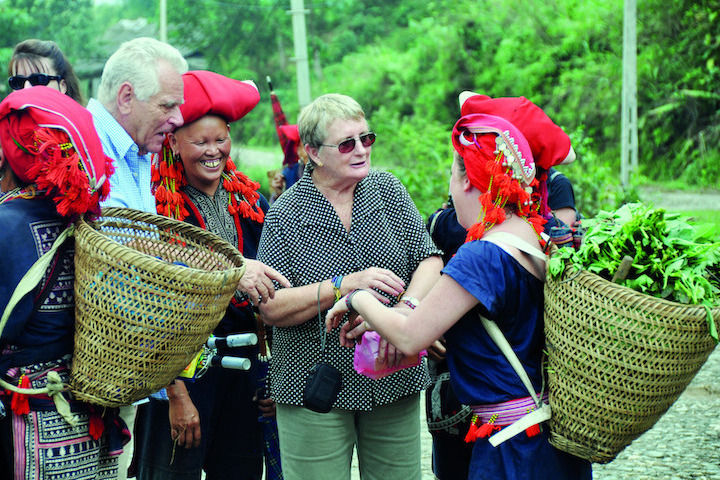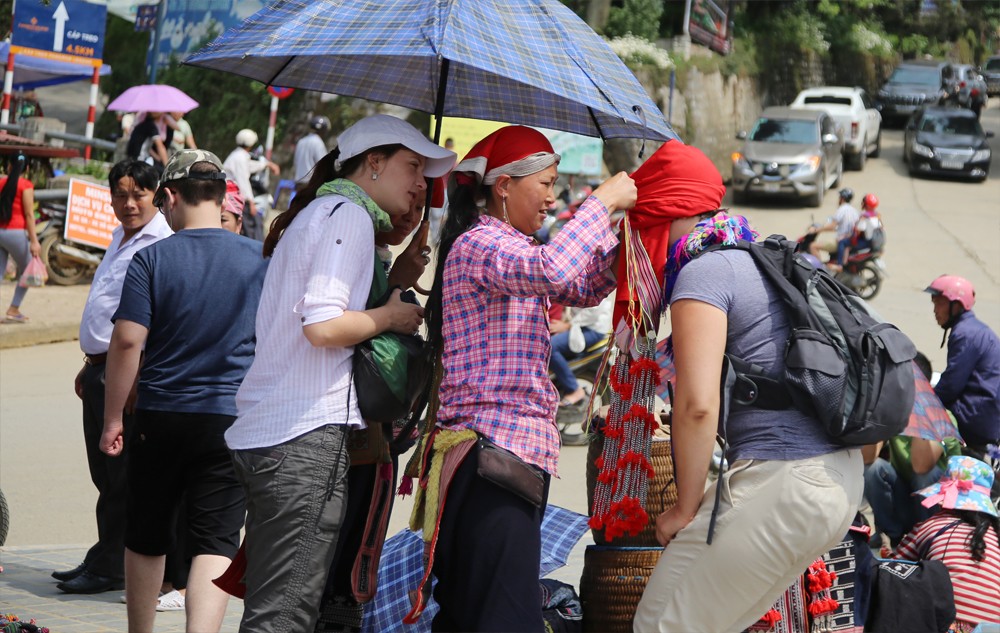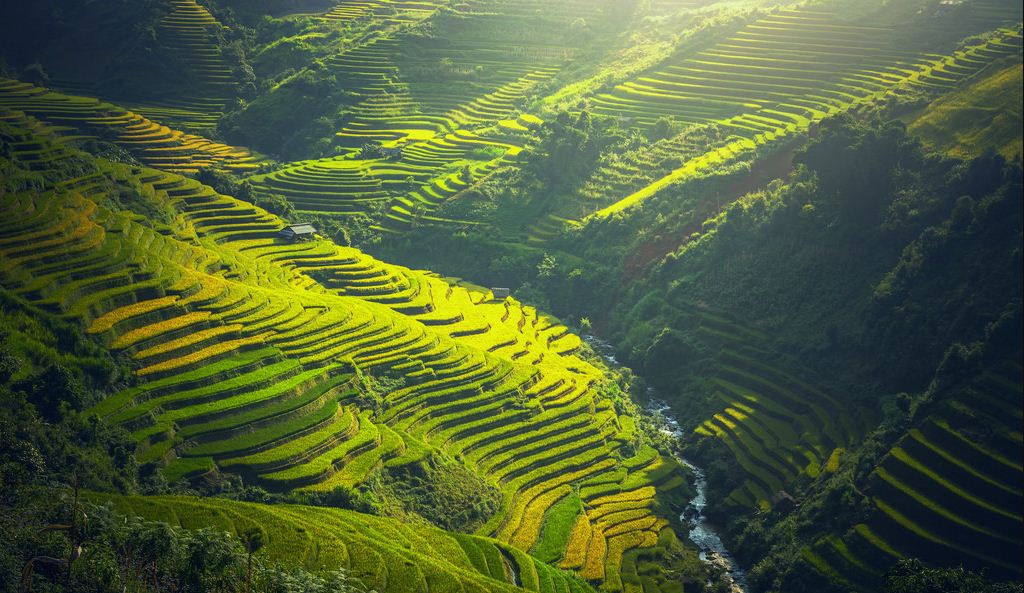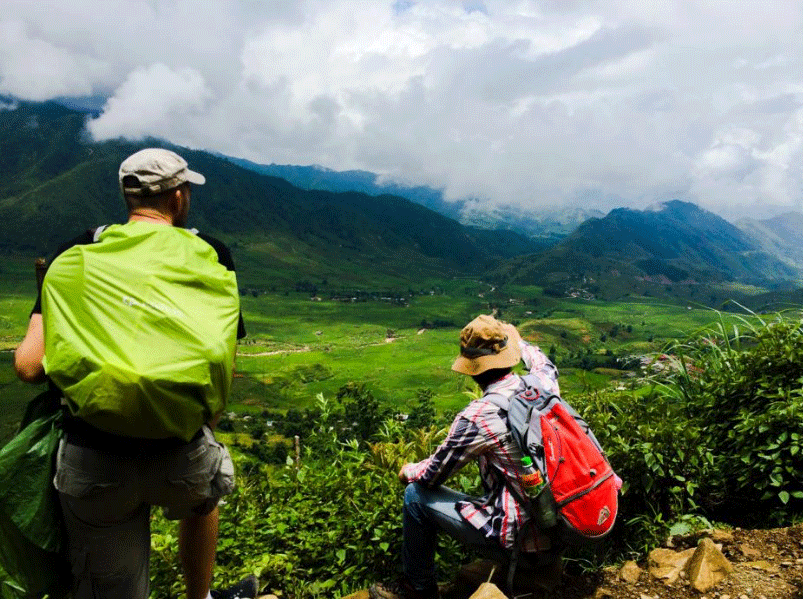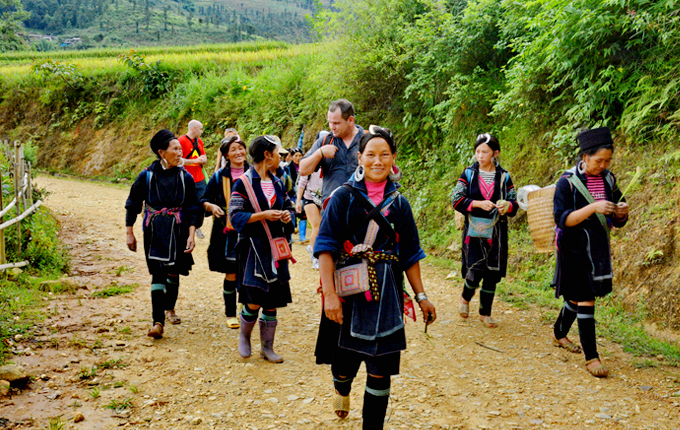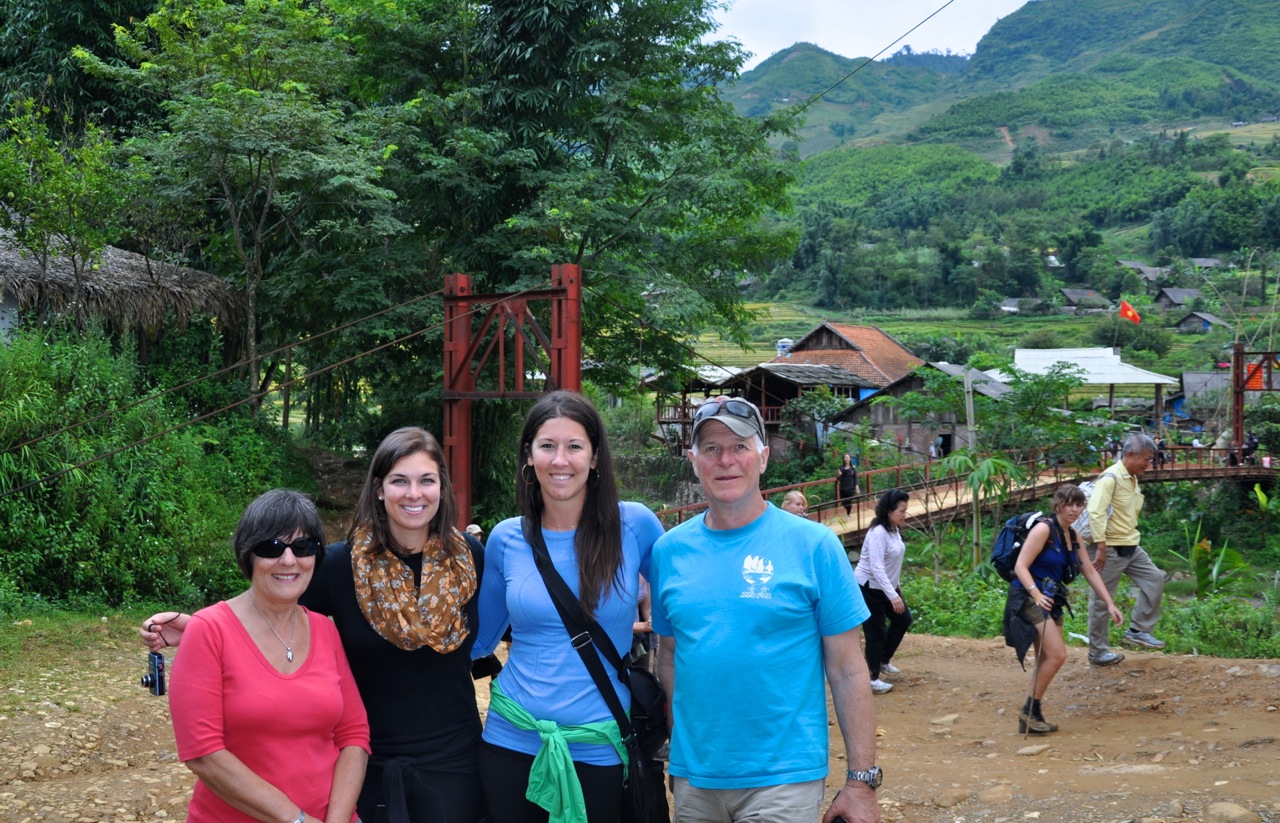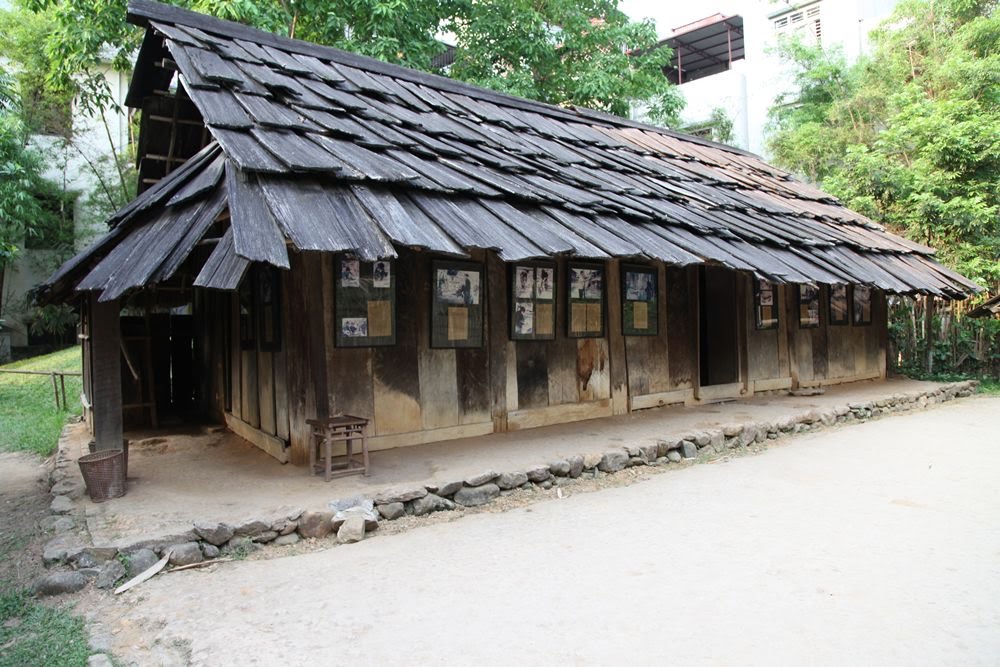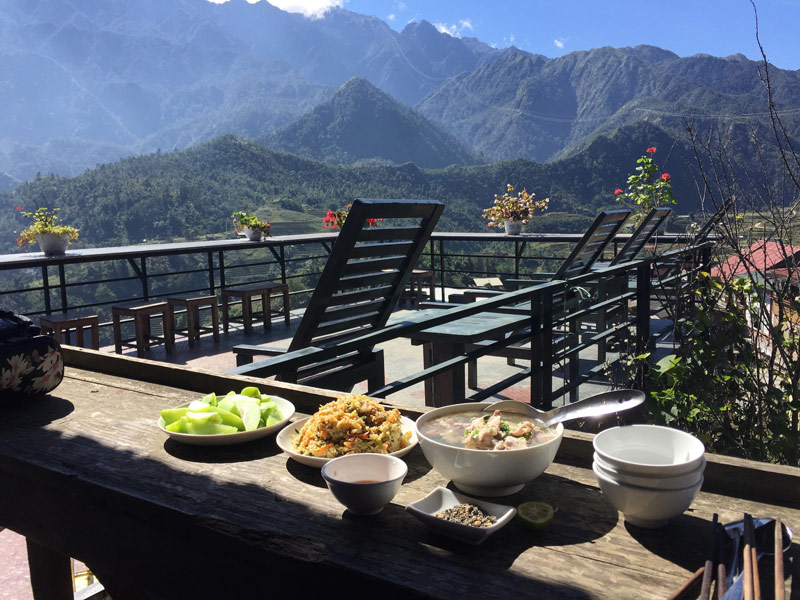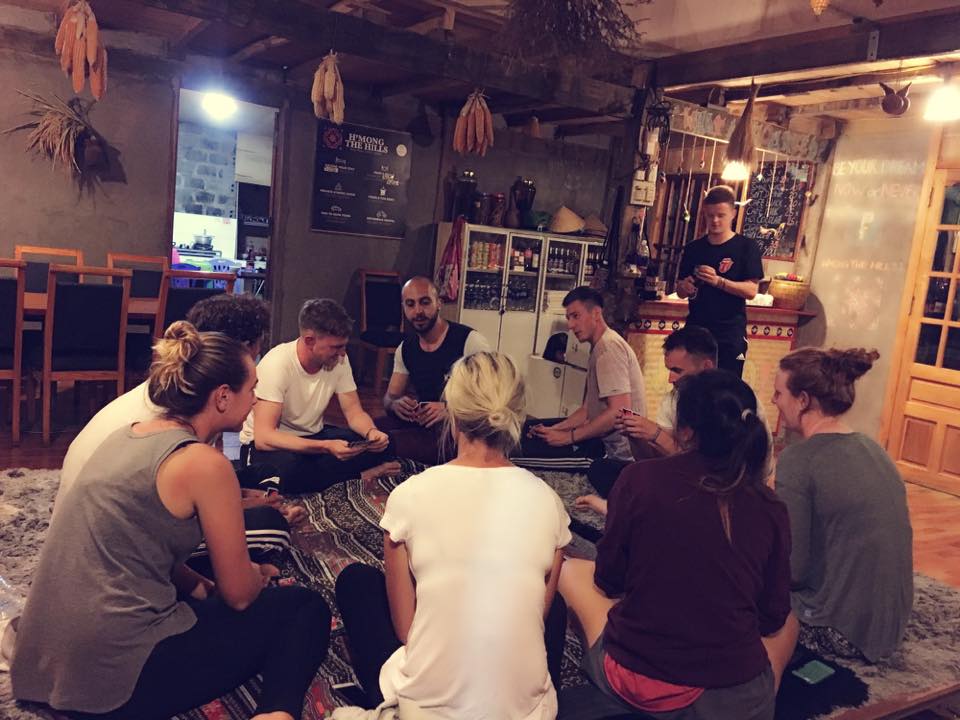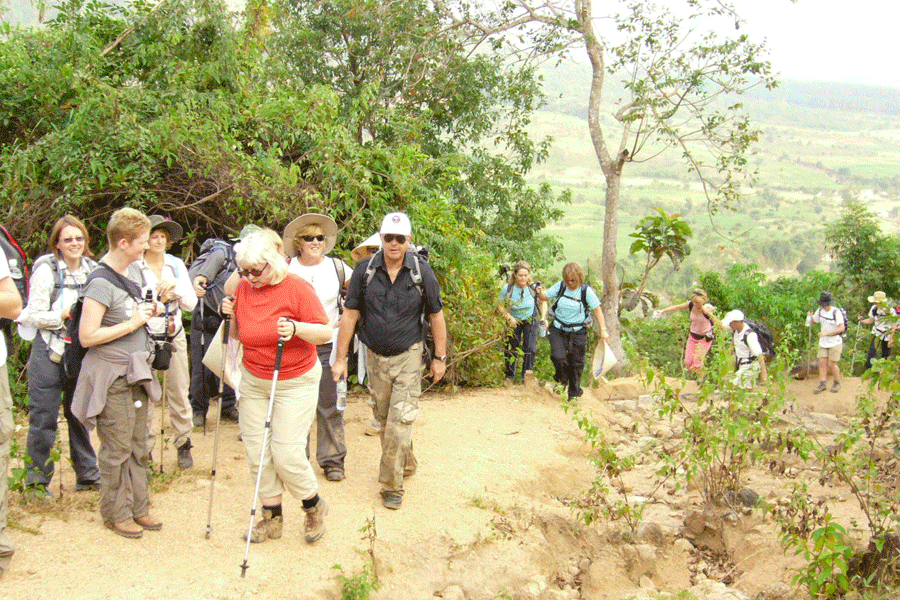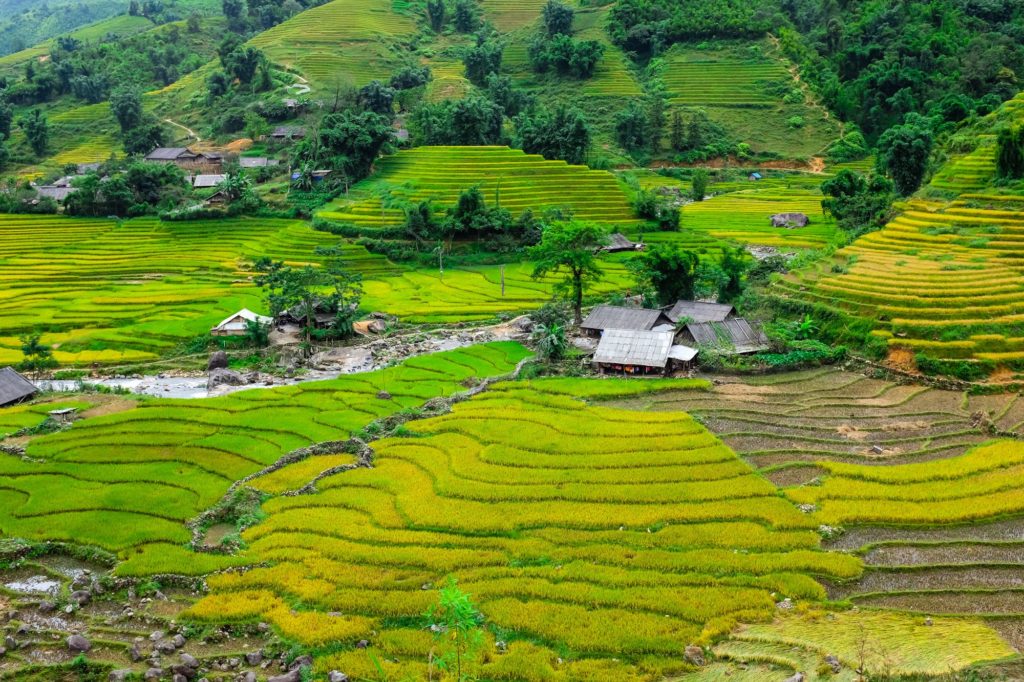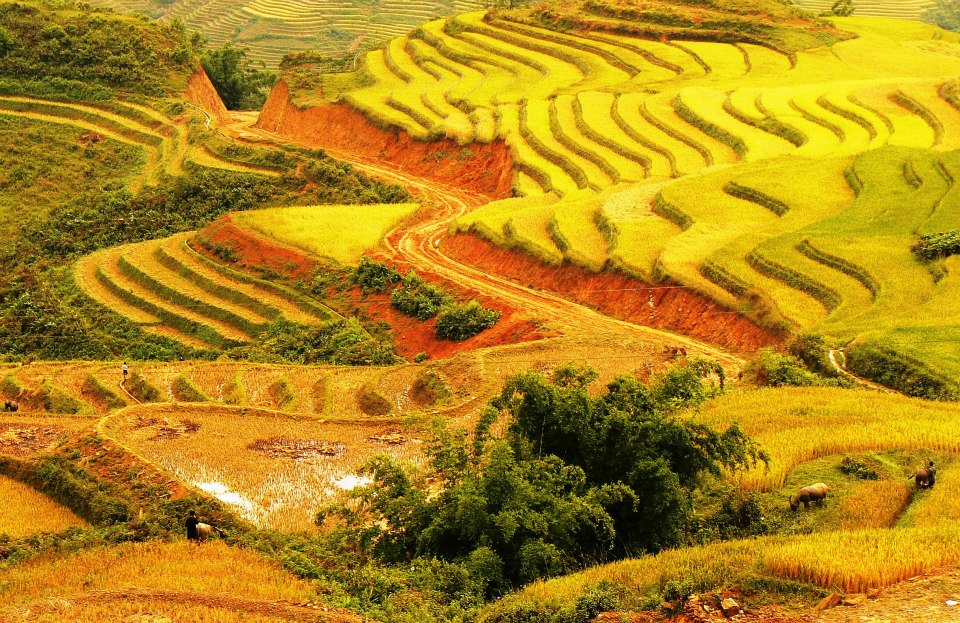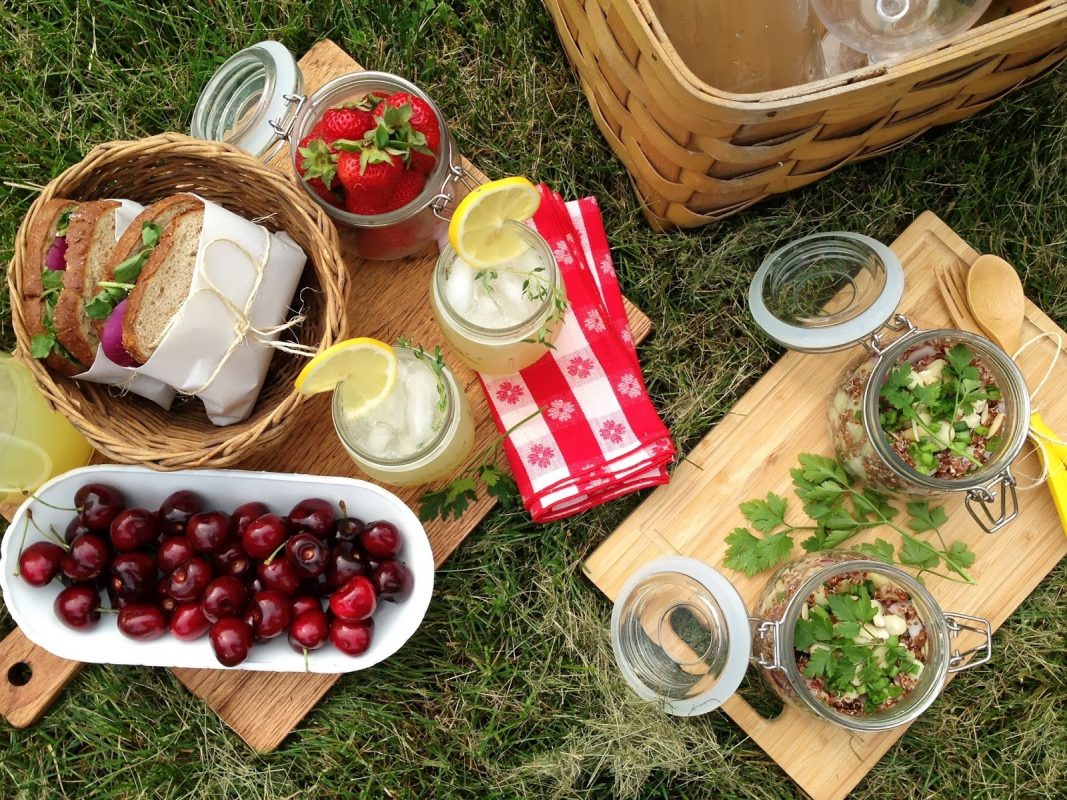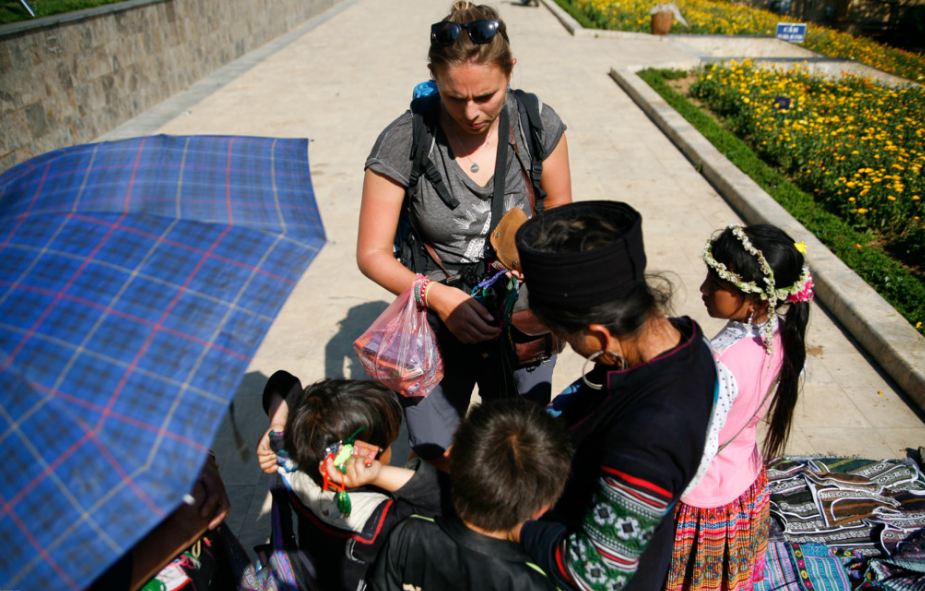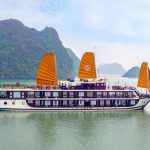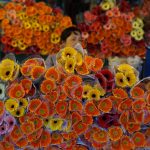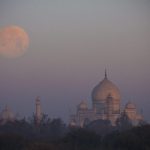Sapa trekking — The fullest guide for your trekking in Sapa, Vietnam
One of the attractions of a vacation to Vietnam is a hike through the farms and mountains of Sapa. Visiting the nearby communities and taking in the stunning landscape will be an experience you will never forget. Let’s go through this information to help you pick a meaningful tour that meets your needs and to prepare for your Sapa trekking vacation.
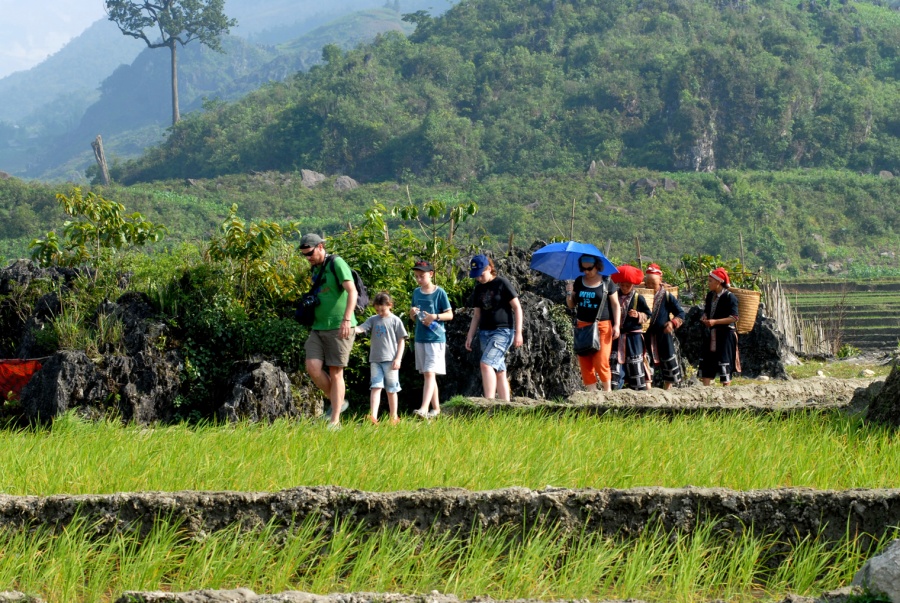
As previously said, Sapa is one of Vietnam’s most popular tourist attractions. Walking is the greatest method to explore the region around this city. To begin, it will go over some of the fundamentals of hiking in this region. You can see what’s involved, how tough it is, and whether or not you need a guide.
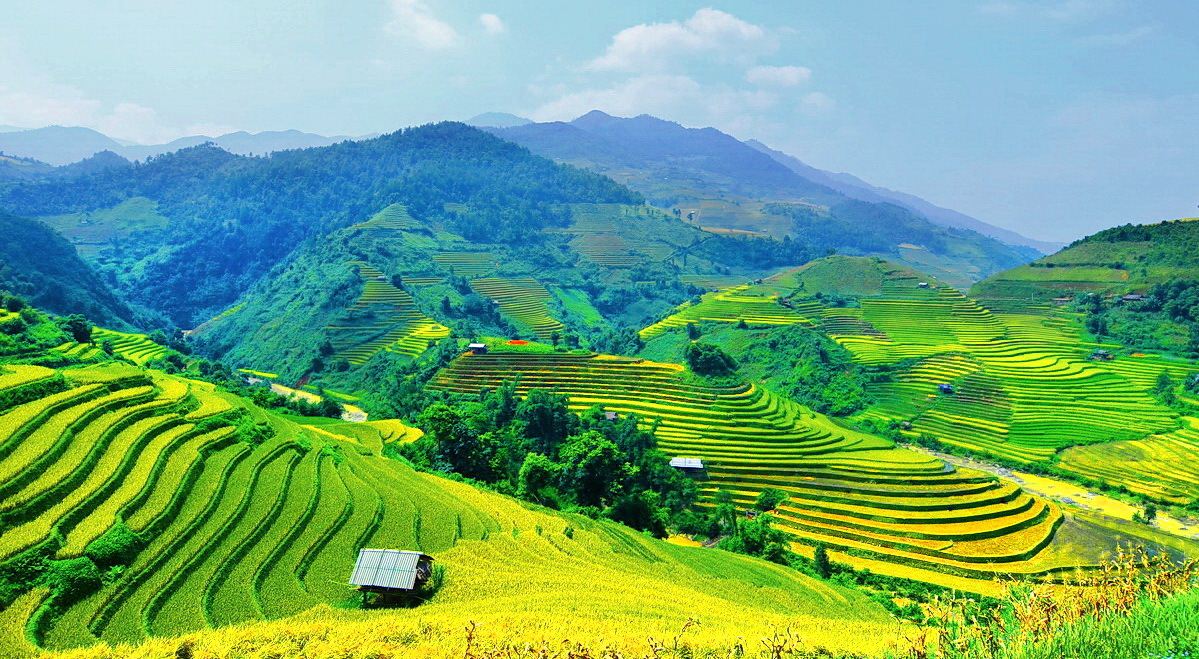
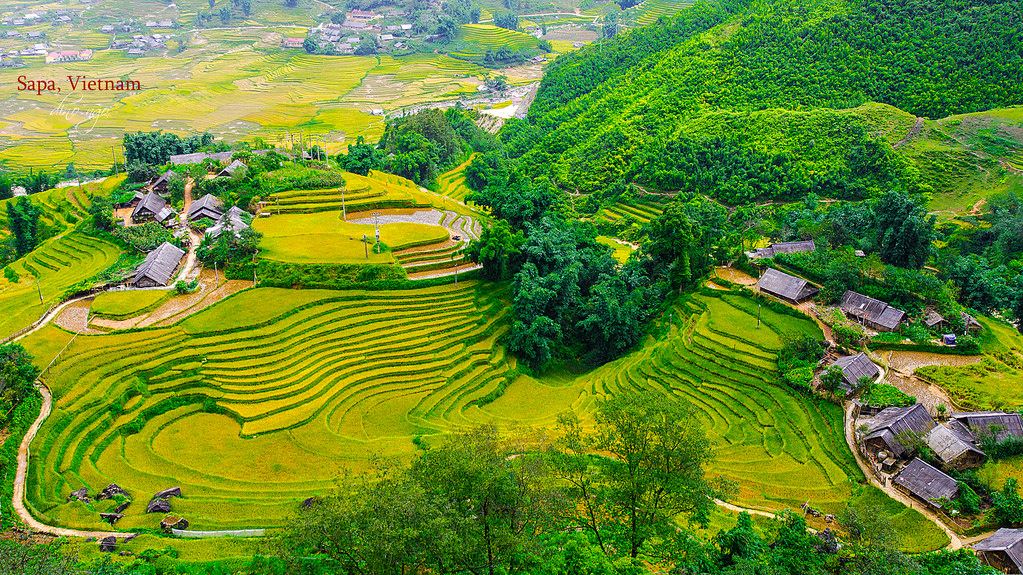
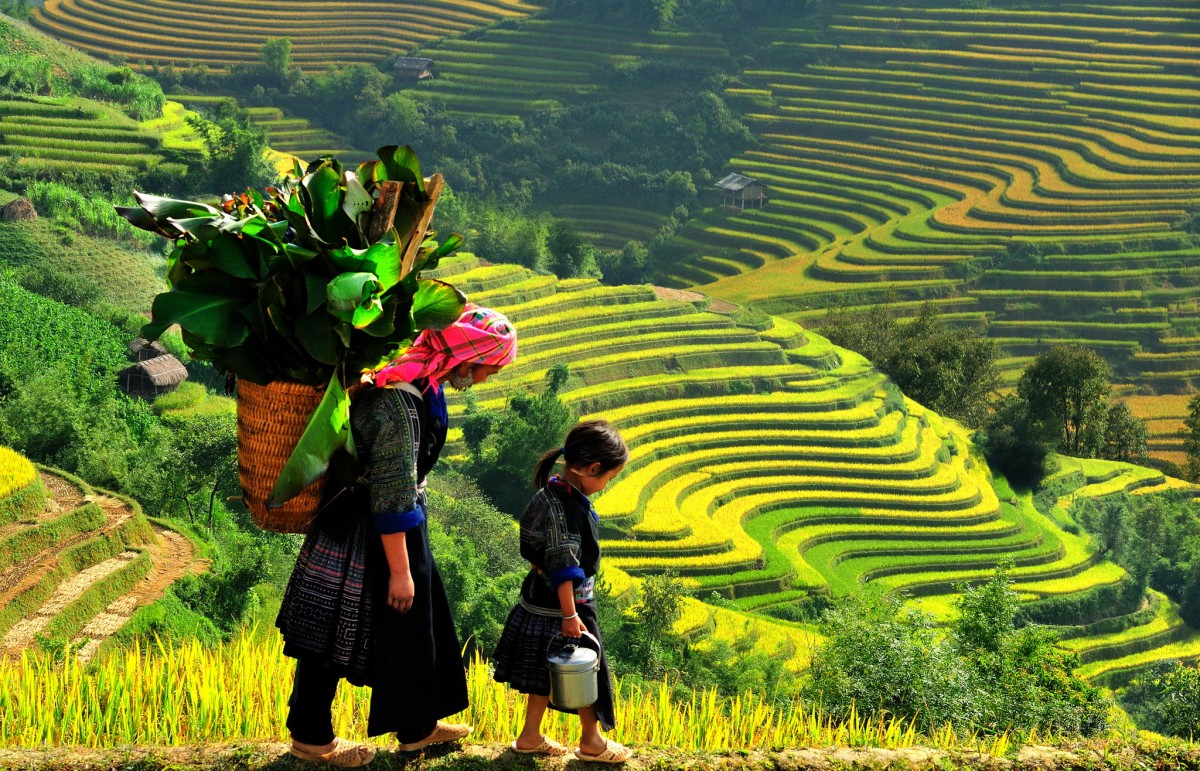
What can you see?
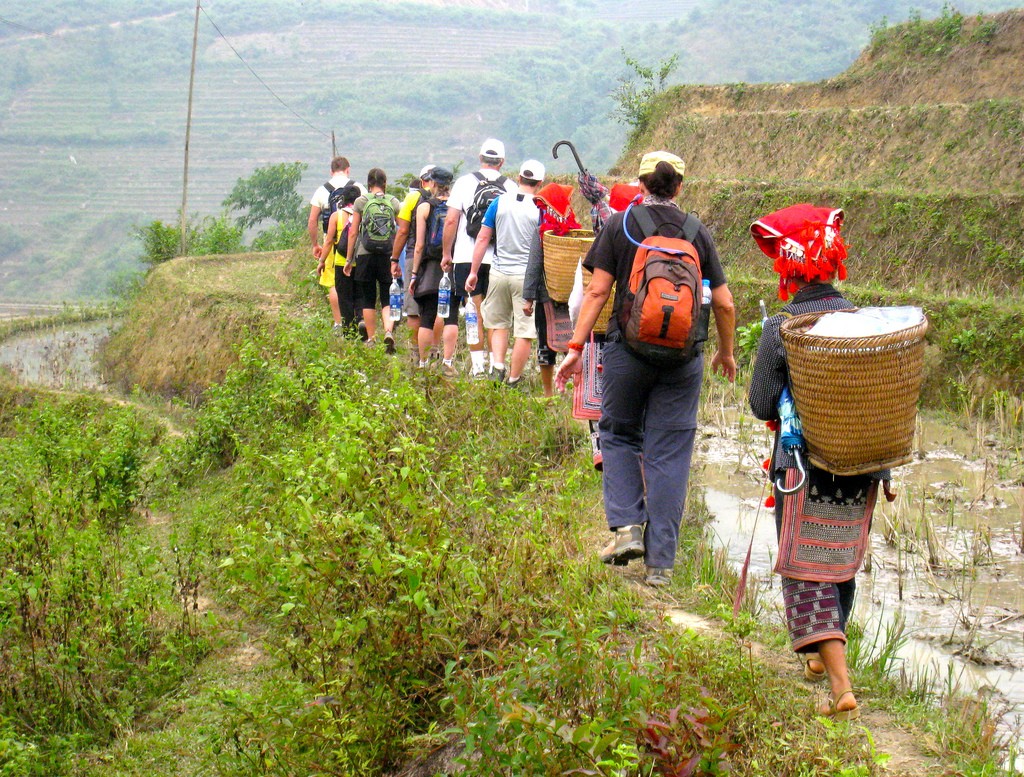
Sapa is famous for its rice fields, perhaps it is one of the most beautiful in our country and even in Asia. With Sapa trekking, you will walk on the roads between the rice paddies and the fabulous places in the valley. On this journey, you will cross many different ethnic minority villages, where you have the feeling that you are going back in time. You may encounter some water buffaloes working in the fields. And this is definitely a great place for you to take a picture
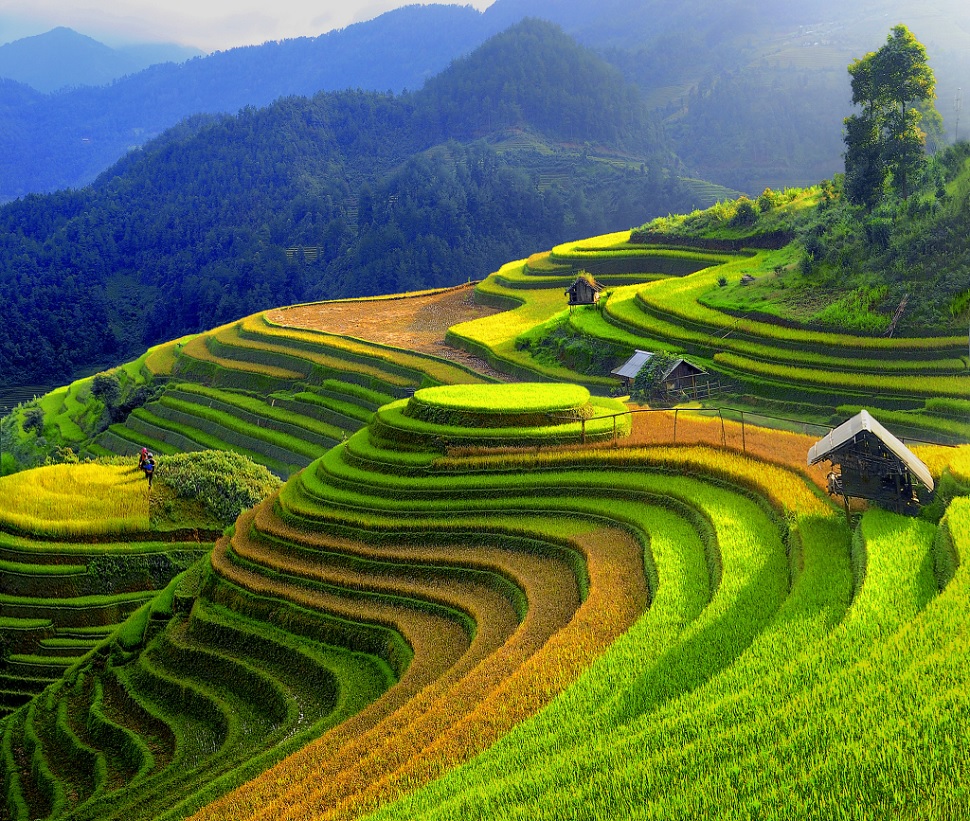
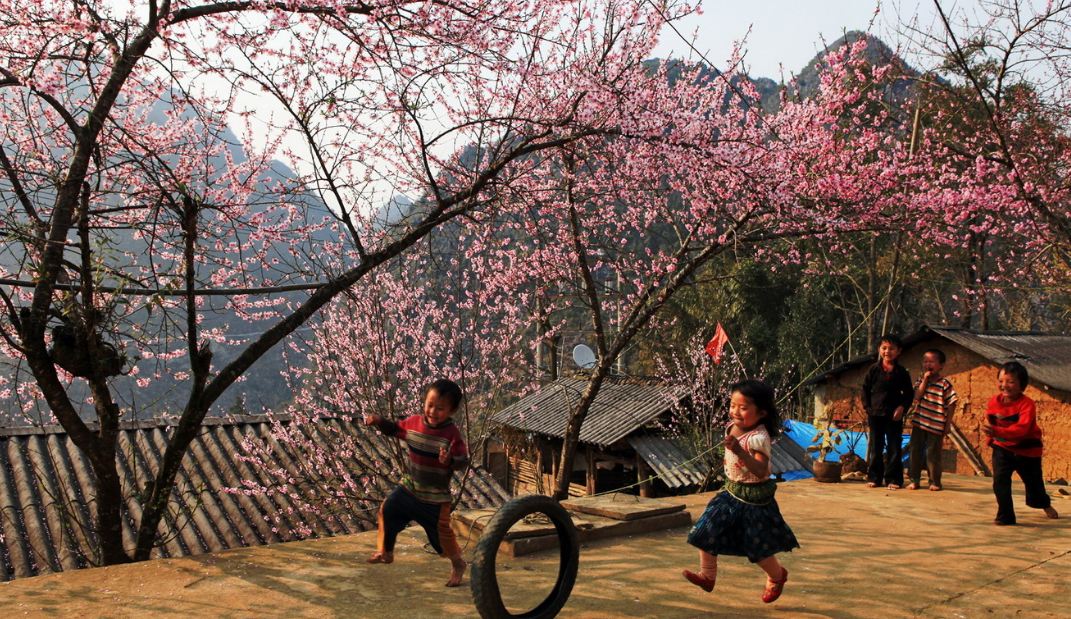
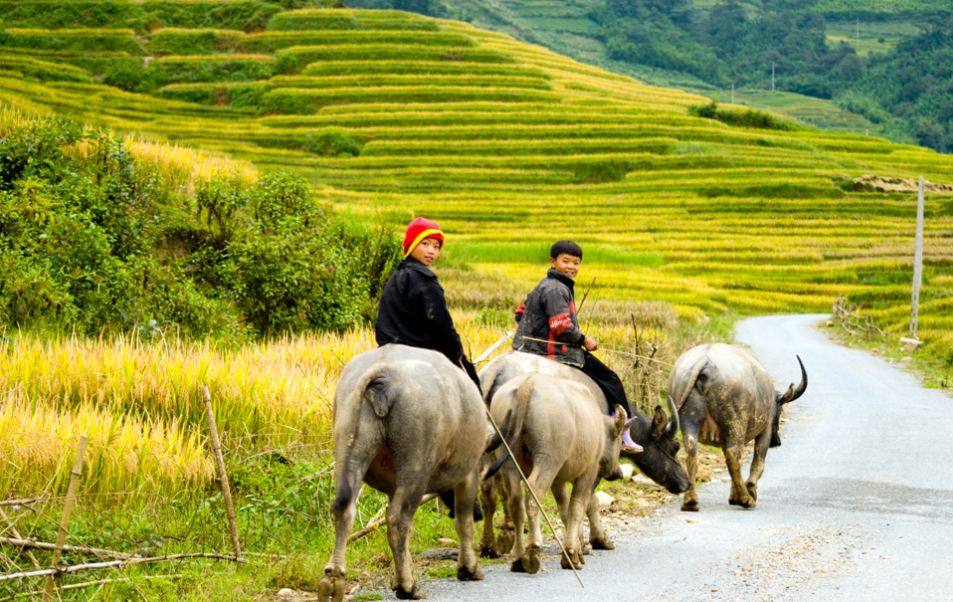
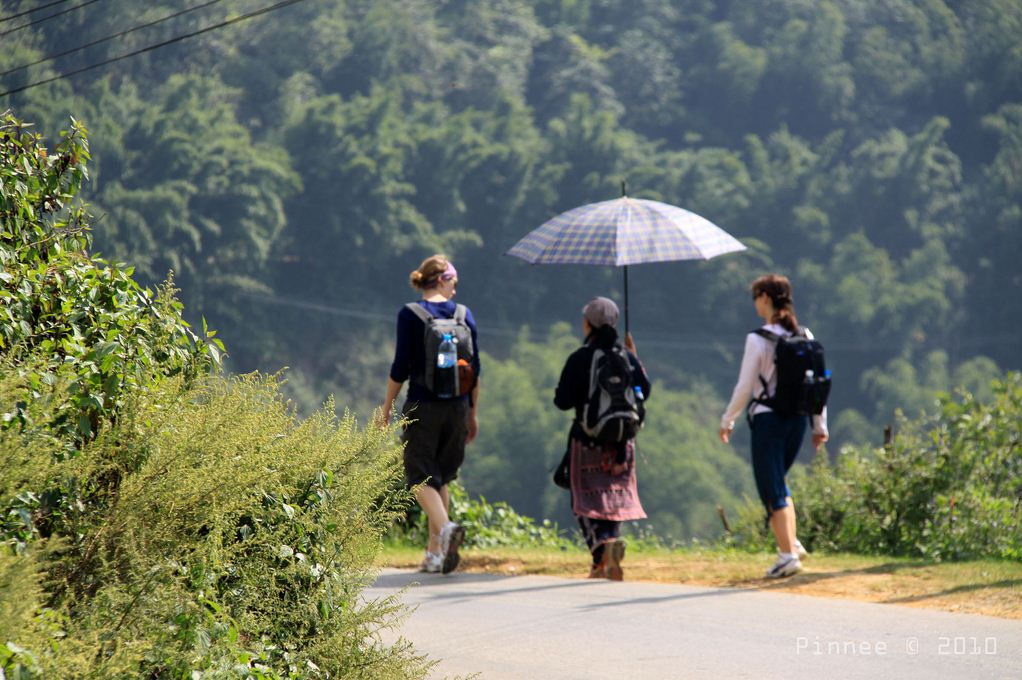
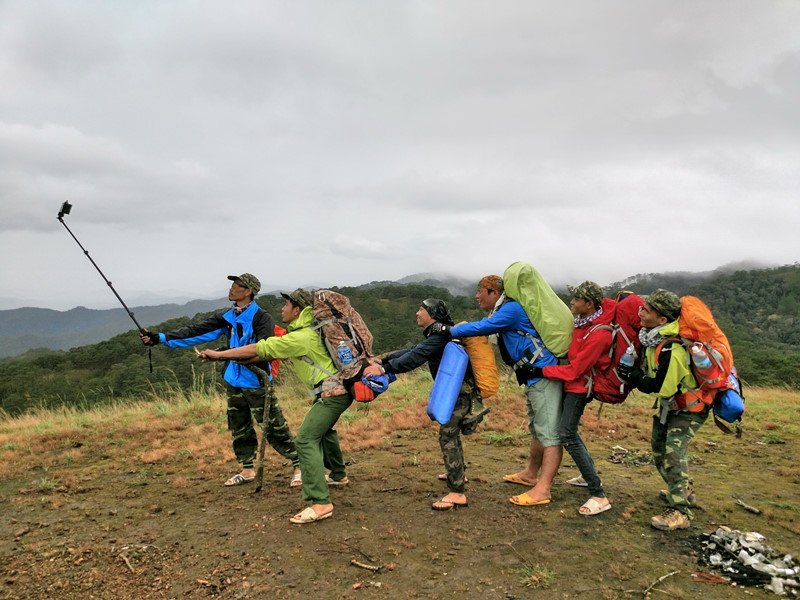
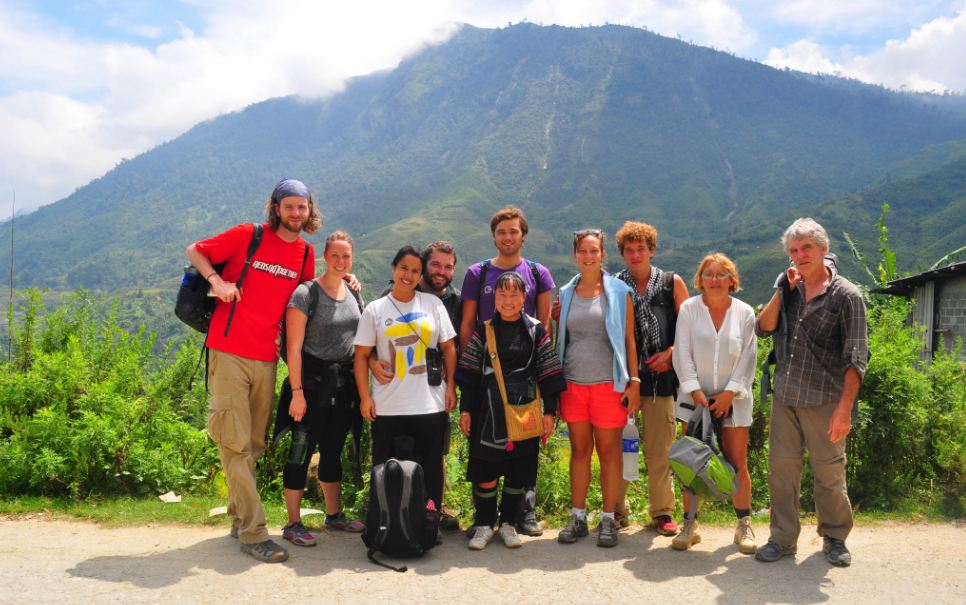
Sapa trekking difficulty: How difficult is trekking?

You will go up and down the hills so of course, you must have good health and stamina. A normal trip is about 12-15km per day and you have to walk for 5-6 hours. These difficulties are not the same as when you climb the mountain. The road here is not too bad although no path is paved. That is the reason why after the heavy rains, the road becomes slippery in some places. But one thing is certain that anyone in good health can do this. When you take a trekking tour in Sapa privately, you should make it clear to your guides so that they can make the best decision for the trekking route for you. Also, you can decide to trek a day or several days depending on your abilities.
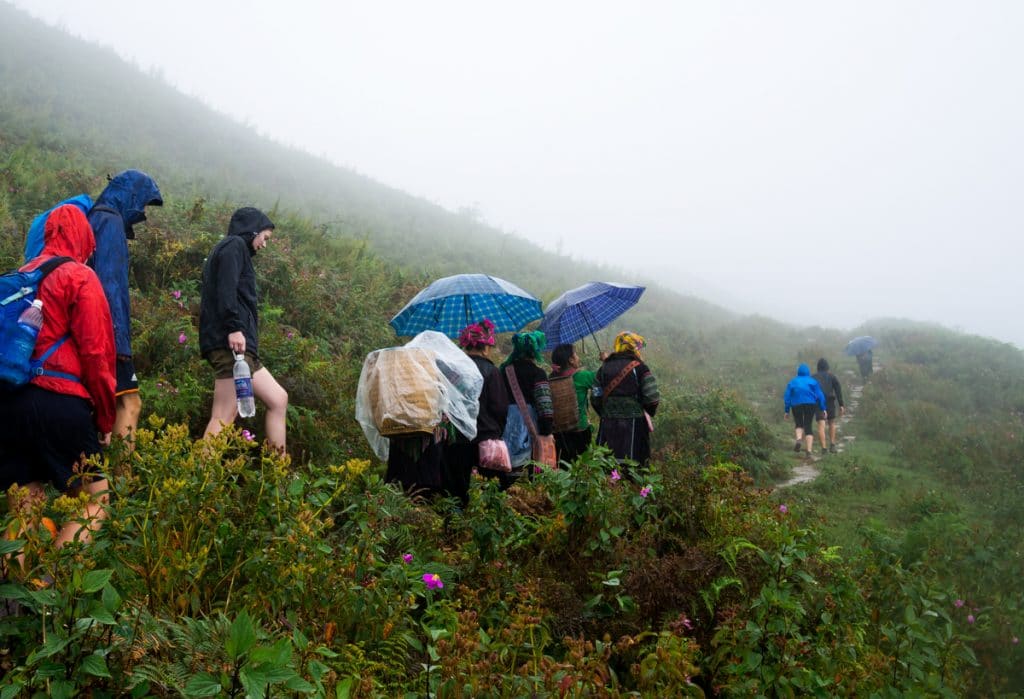
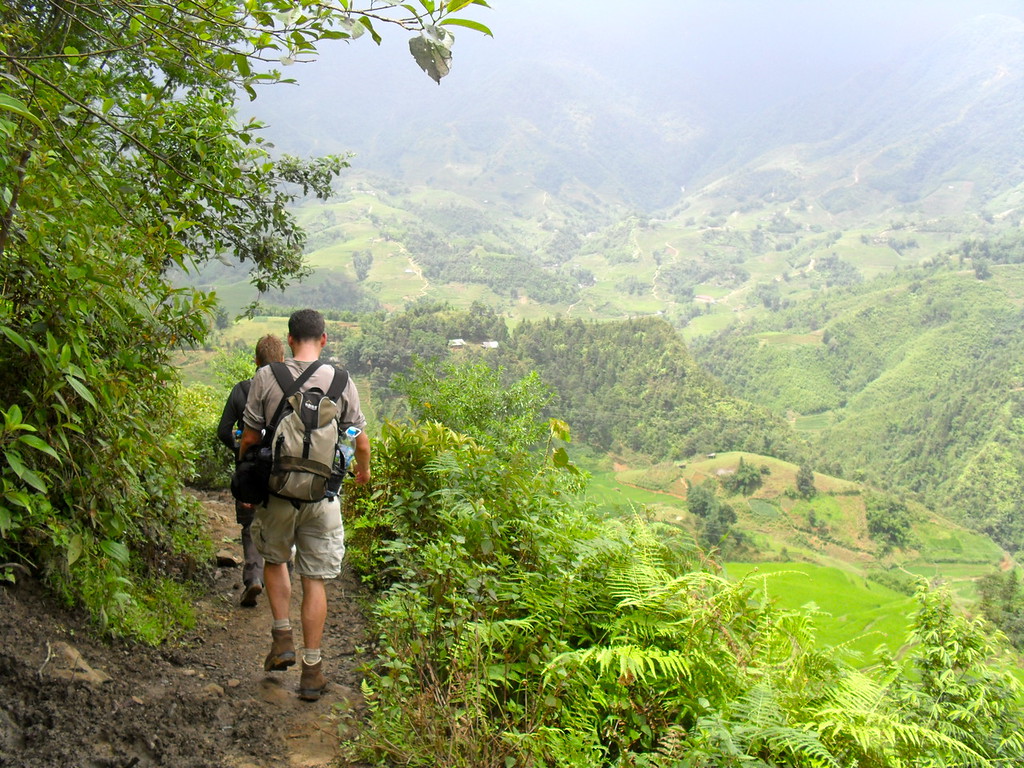
Do you need a guide?
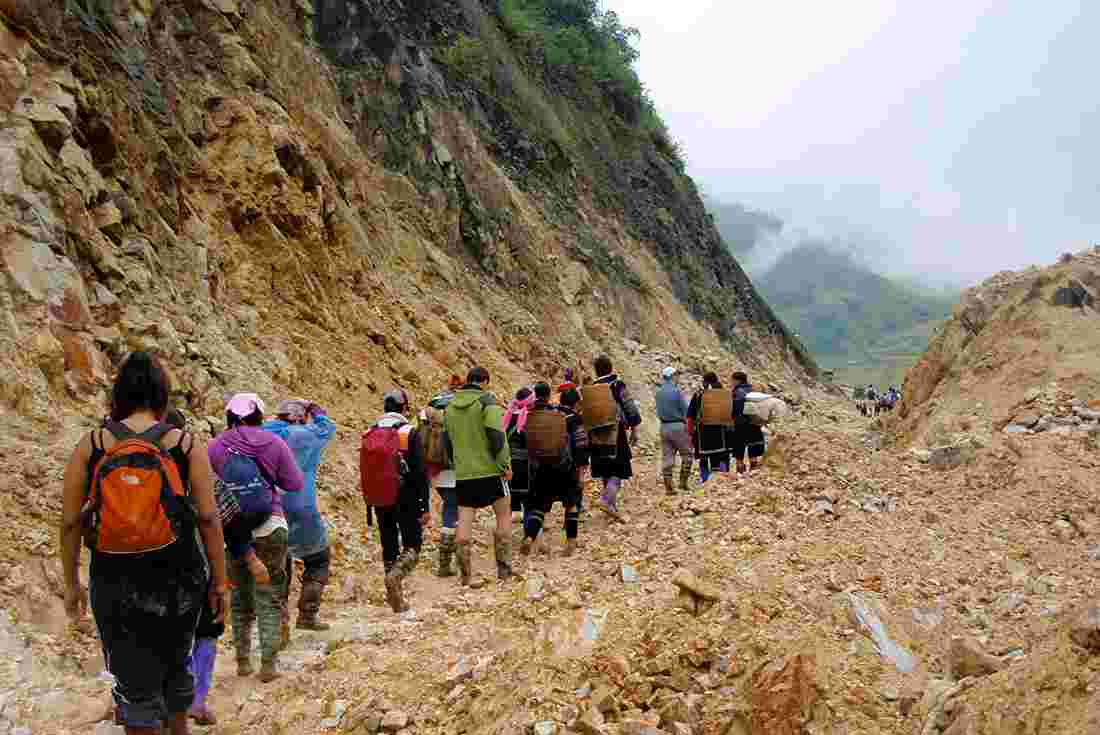
Yes, we recommend you find yourself a guide. The guides here are mostly local people so they know everything about Sapa, every little road, every rice field as well as every forest. In many ways, the facilitator can take you to distant locations not on the map and from the main walking paths through the fields and the jungle. You will feel good and relaxed when the tour guide shows you where to eat, where to stay if you have a multi-day trip.
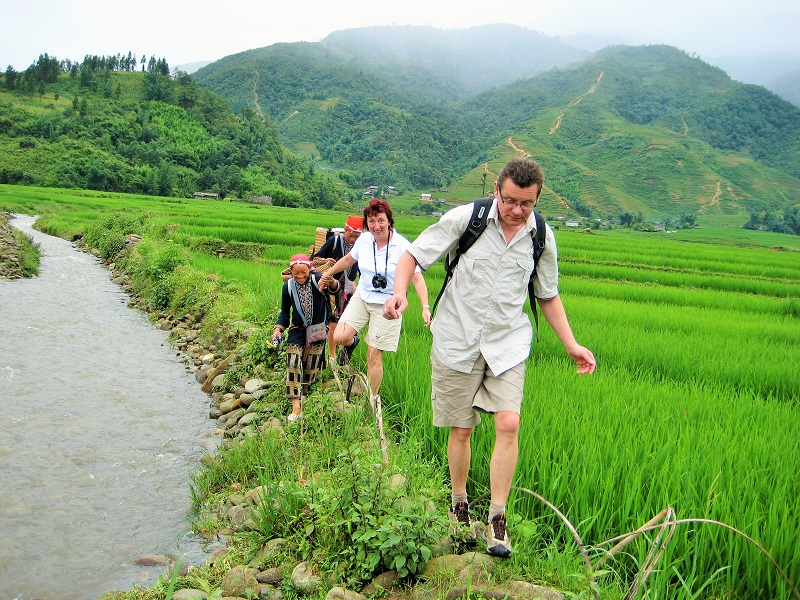
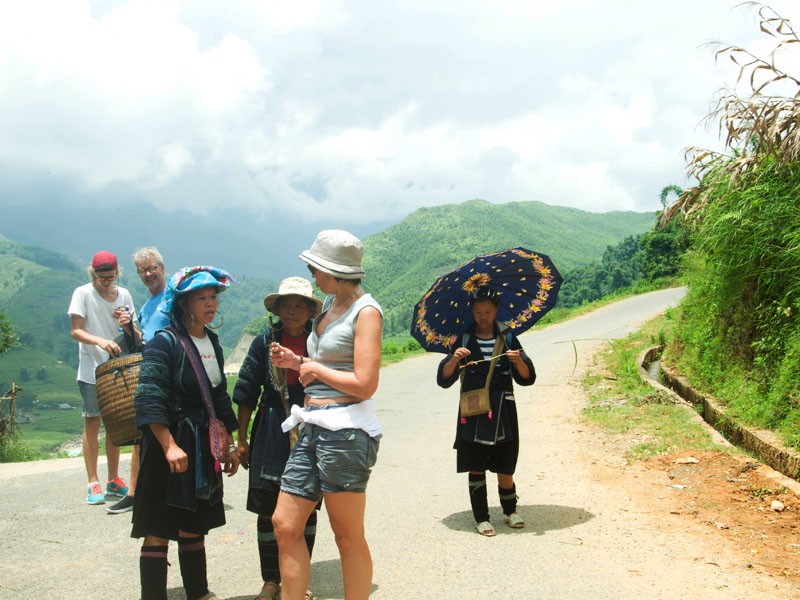
If you want a real adventure then you can also go Sapa trekking alone. Before you go, you need to thoroughly explore the routes that you will walk to. The easiest way to do this is trekking to villages where you can find overnight accommodation like Cat Cat Village, Y Linh Ho or Ta Van. Make sure you bring enough food and water for yourself, there will be no stores if you get lost. Also with small trekking trips a day you do not need a guide. It is best to request your hotel in Sapa for the best and most convenient trekking advice for you.

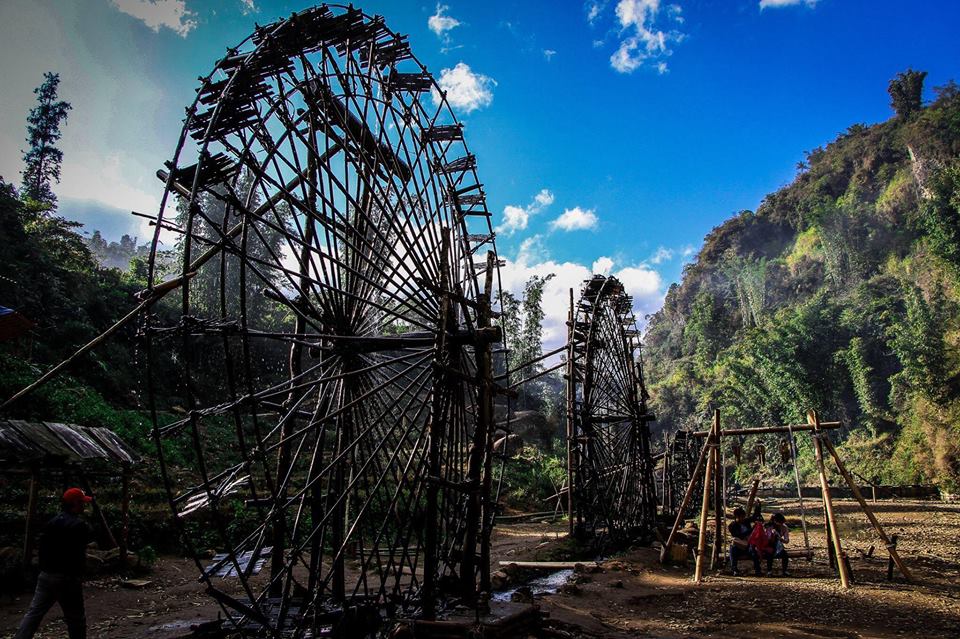
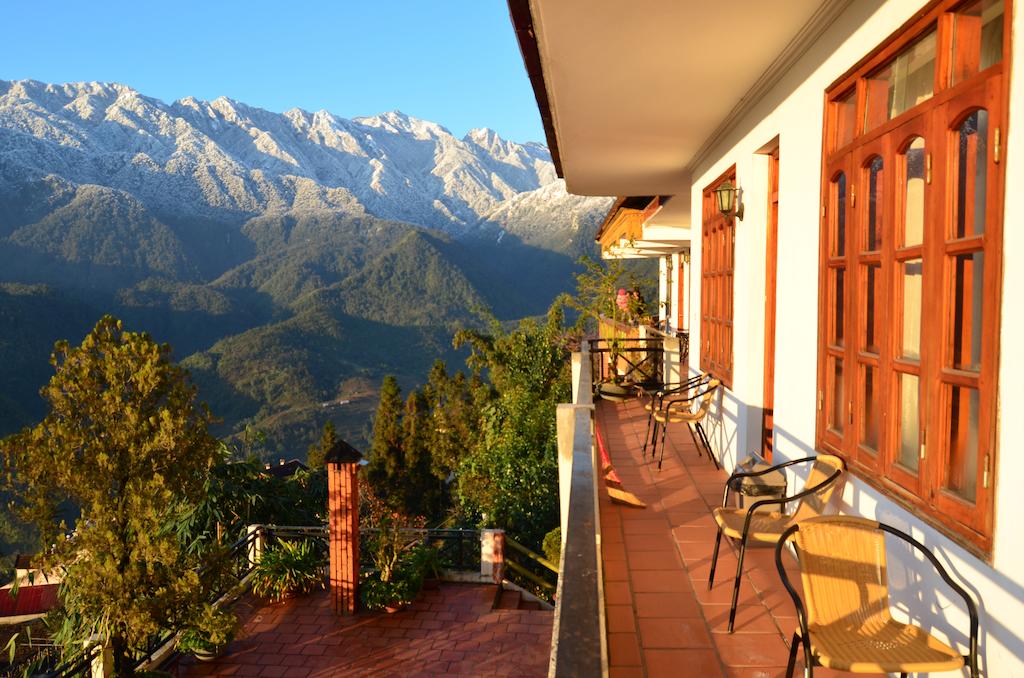
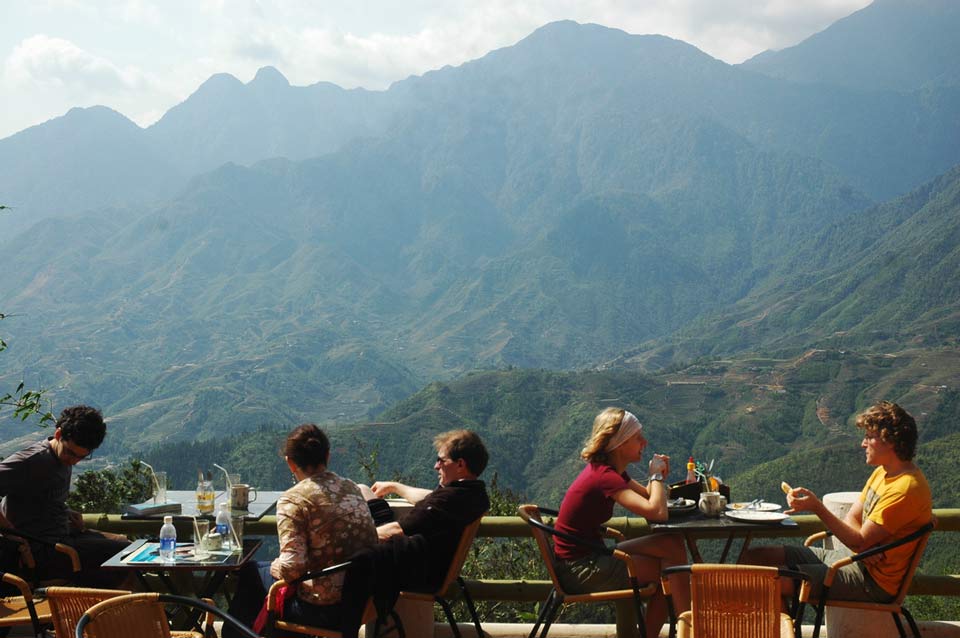
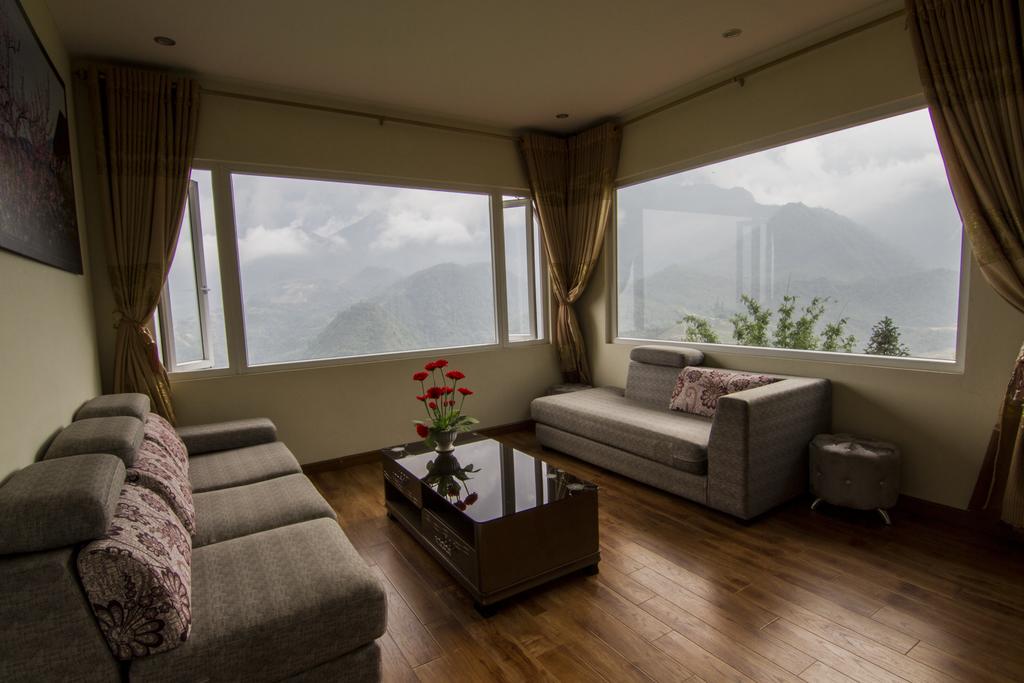
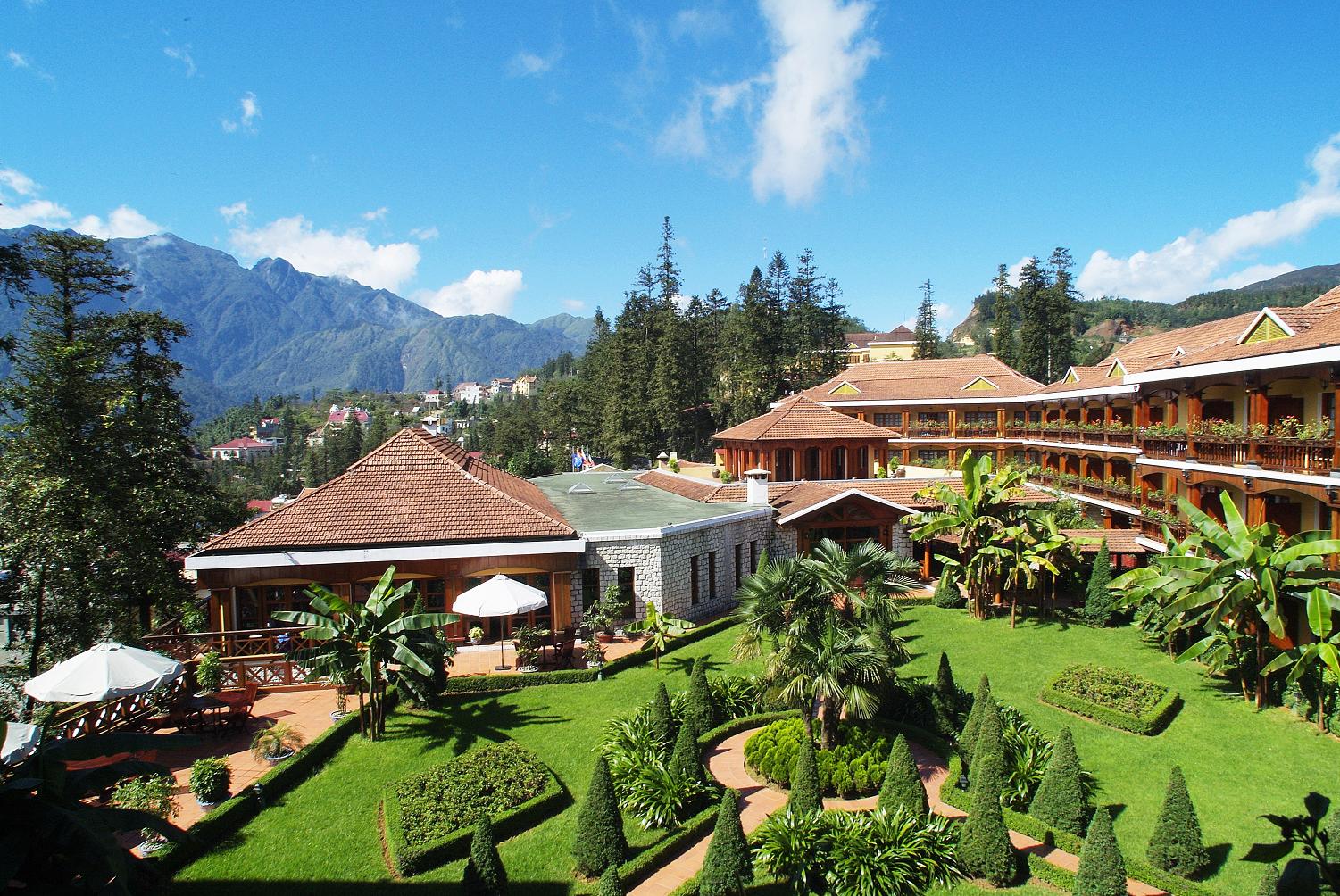
Various trekking options in Sapa
There are many Sapa online tours and travel agents in Hanoi. We have selected the best tours to visit Sapa. You just need to determine if you want to go trekking a day or trekking for many days.
Trekking a day or trekking for many days
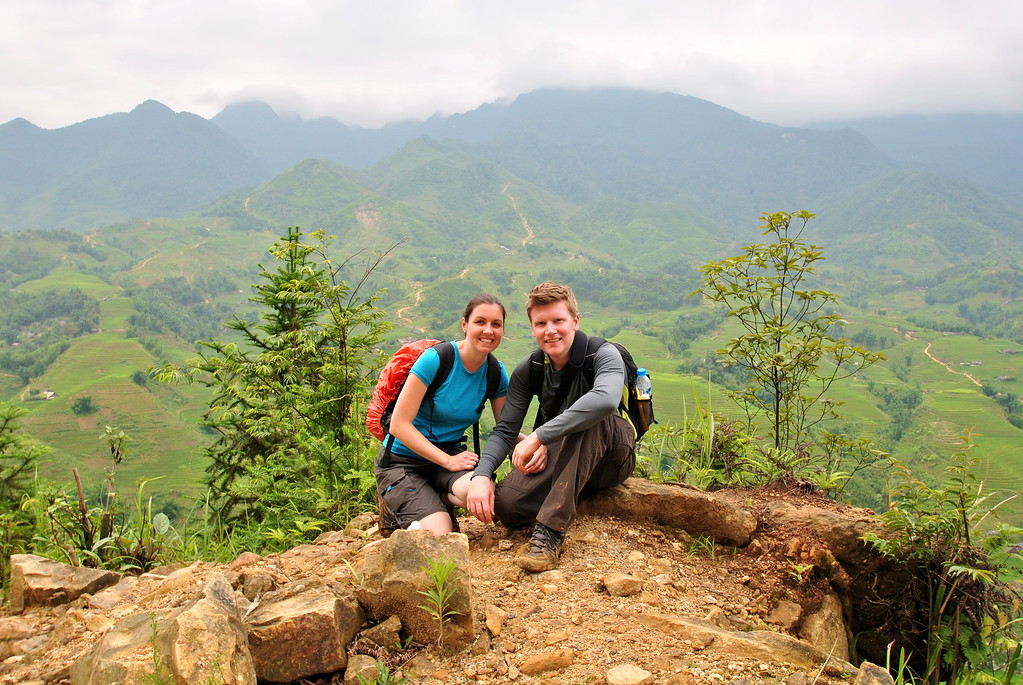
The trekking tour can be in a day or up to three days. The four-day tour is usually the first day you go from Hanoi to Sapa, not a day of trekking so be sure to check out your cruise. If you just want to trek one day, you will be able to enjoy the beautiful rice fields and the indigenous villages. This is best if your stamina is not too good, you do not have enough time or when you finish the day you want to return to the hotel in the most pleasant way.
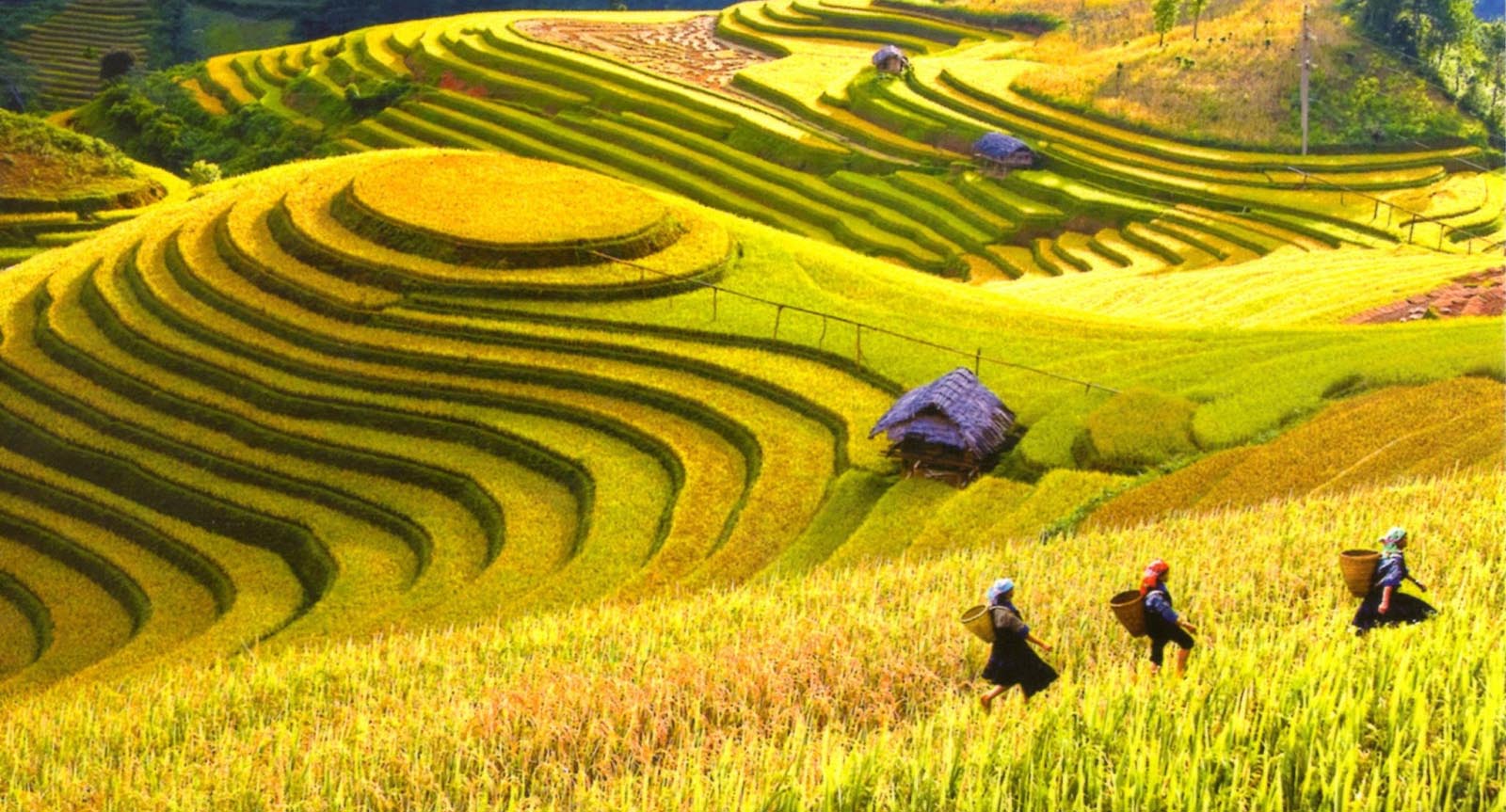
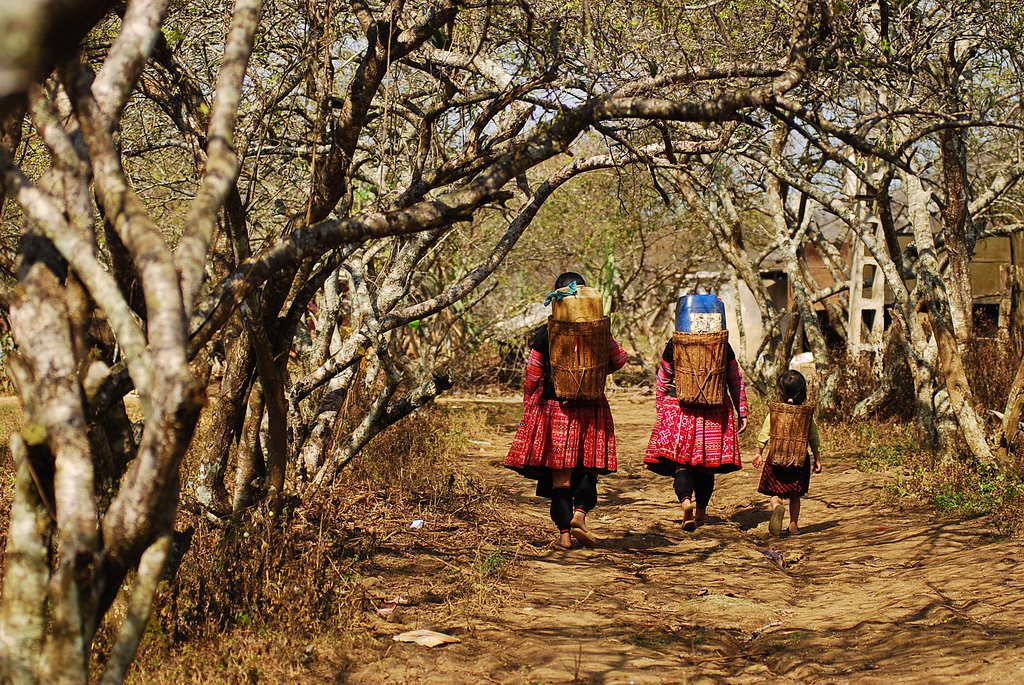
For the greatest experience, we recommend hiking for two days and one night. For many, the second hiking day is the greatest since the landscape improves and there are less visitors. You will travel through the jungle and see distant communities in addition to the gorgeous rice fields. At the conclusion of the day, you will stay in a local house to get a taste of local living.
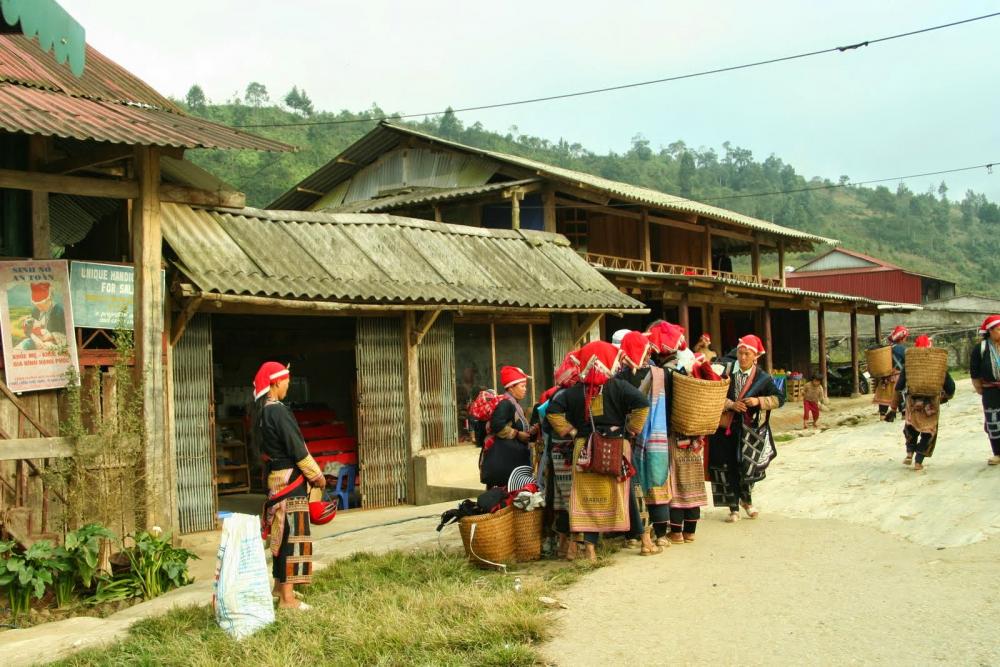
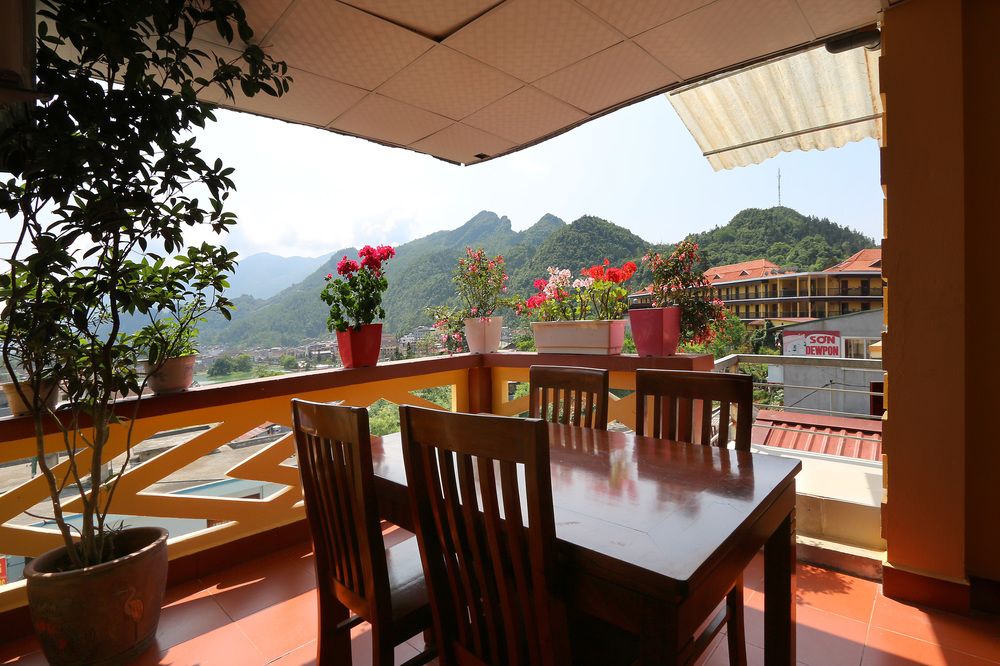
Three-day Trekking is for people who really love trekking because the landscape will not change much. Of course, you will go further and will see fewer tourists.
Sapa trekking Fansipan — Fansipan Mountain Climbing Tour
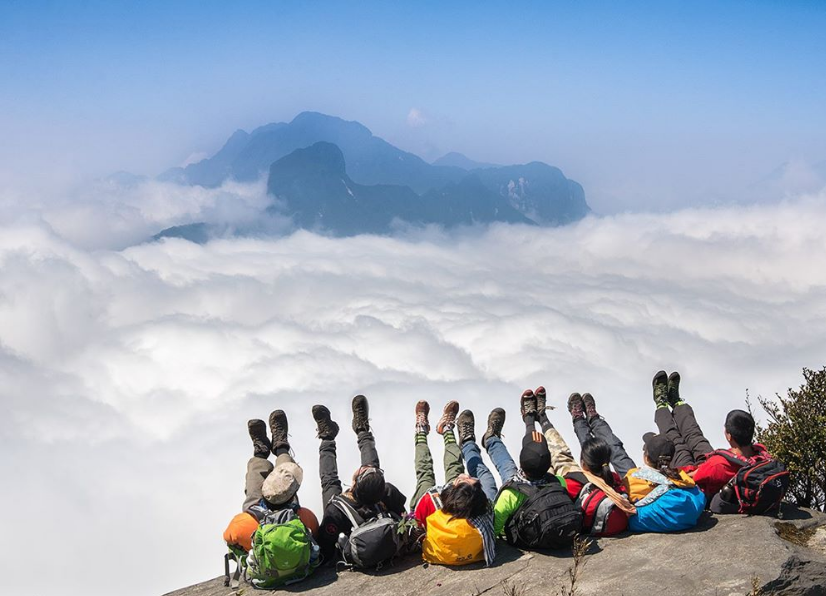
The Fansipan Mountain Climbing Tour is a popular hiking excursion. This has been accomplished by a large number of individuals in a single day. It might not be the best option because you have to leave early and return late at night with all the time you have to walk. Trekking twice a day and twice a night is more comfortable and fun. You will spend the night on the mountain in a cabin. Three days of trekking will take you to another road. And, without a doubt, you cannot ascend without the assistance of a guide. Some individuals are still organizing themselves, but we advise you not to do so because people have been lost and killed in the disaster. You really require a guide!
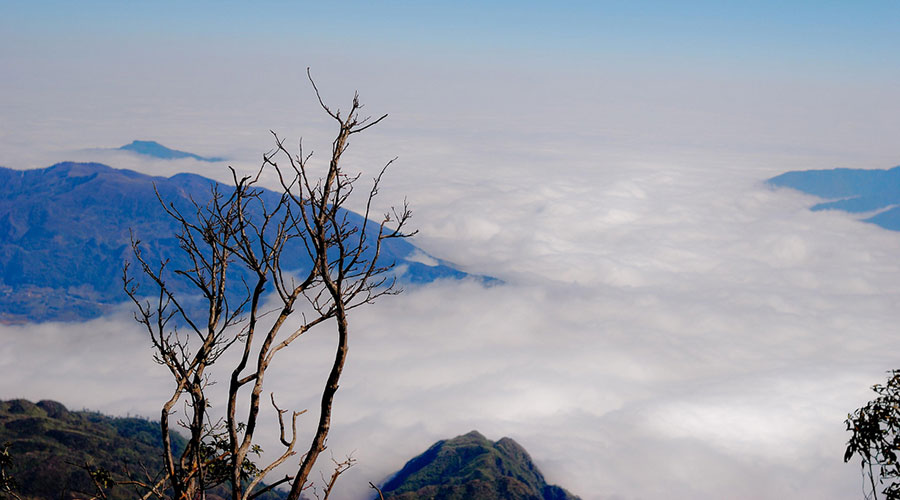
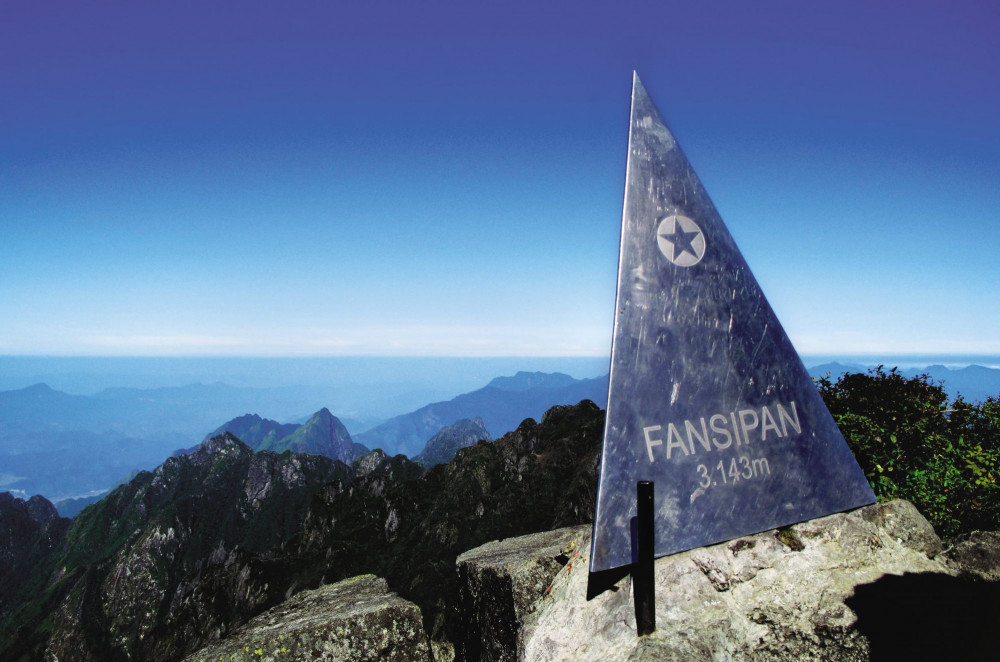
If you come to Sapa to see the famous rice fields, it is better to take a normal trekking trip to Sapa. And if Fansipan is also on your tour list in Sapa, from 2016 has launched the cable cars line hanging to the top Fansipan.
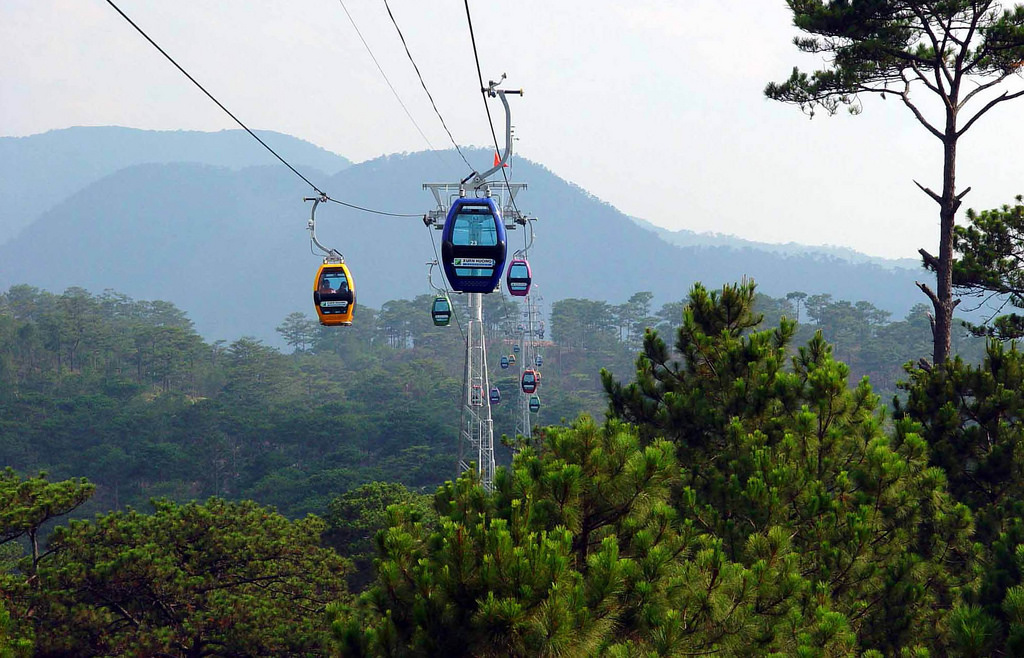
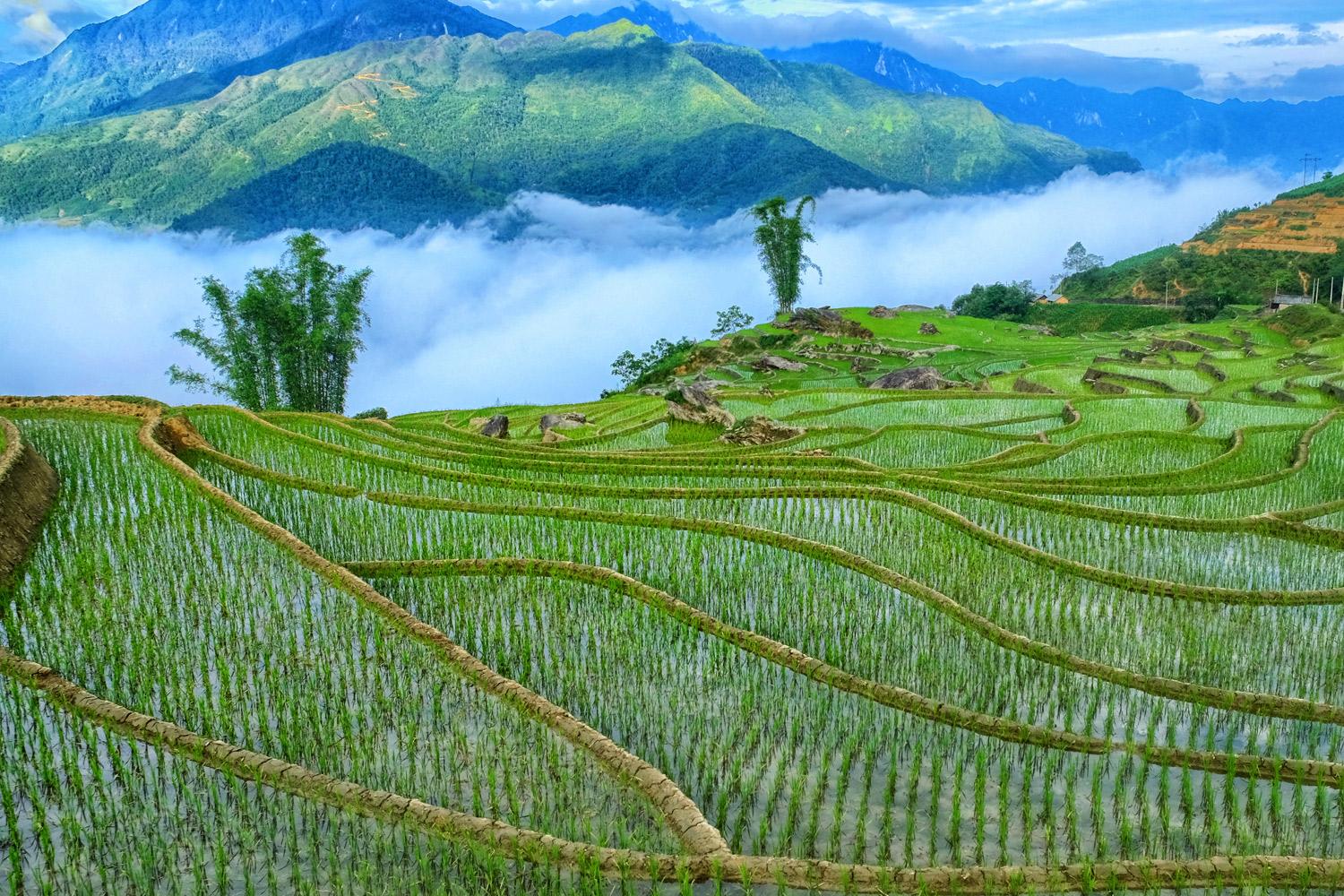
Homestay in Sapa
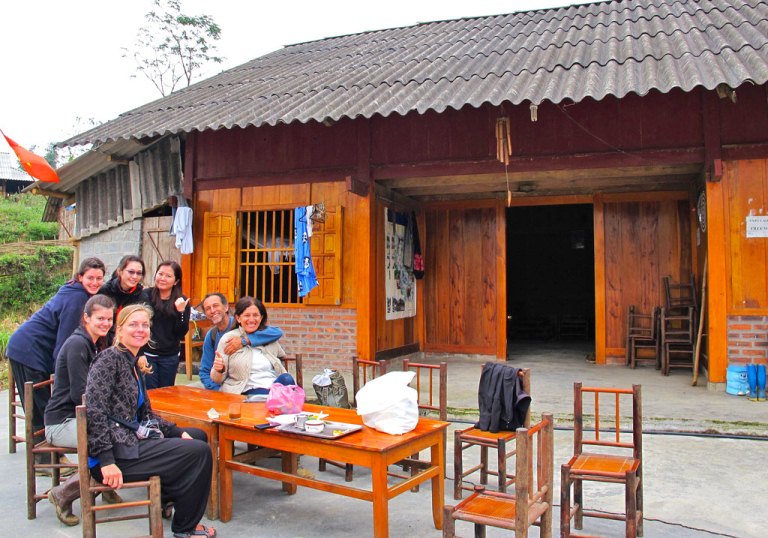
Homestay may be a wonderful experience in this town, but it is not for everyone. A homestay experience is spending the night in a local’s house, which must be registered for tourist activities. This implies that the home must have a toilet, a bed with a mosquito net, and be clean and sanitary. However, don’t anticipate a luxury suite; it’s just a hut on top of a hut. If you are traveling in a group, you can share a room. The owner of your home will prepare dinner and breakfast for you. It is a really lovely cultural experience that also provides locals with extra cash to help them improve their lives. In addition, trekking through the night means you can travel far away from Sapa and explore many areas with few tourists.
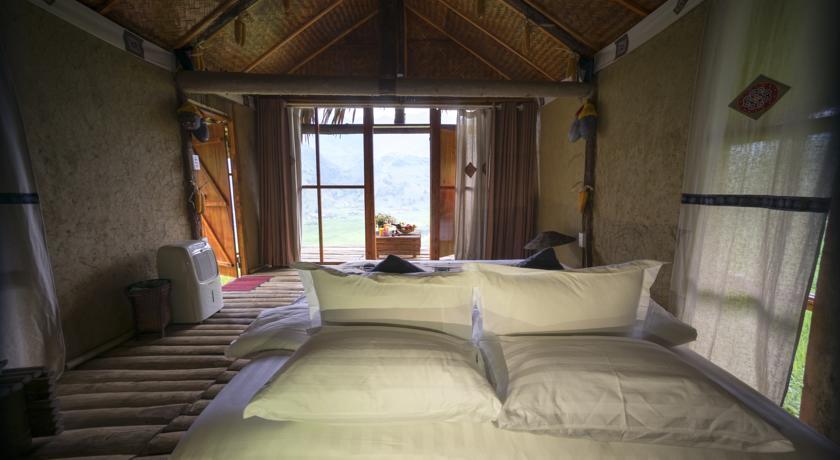
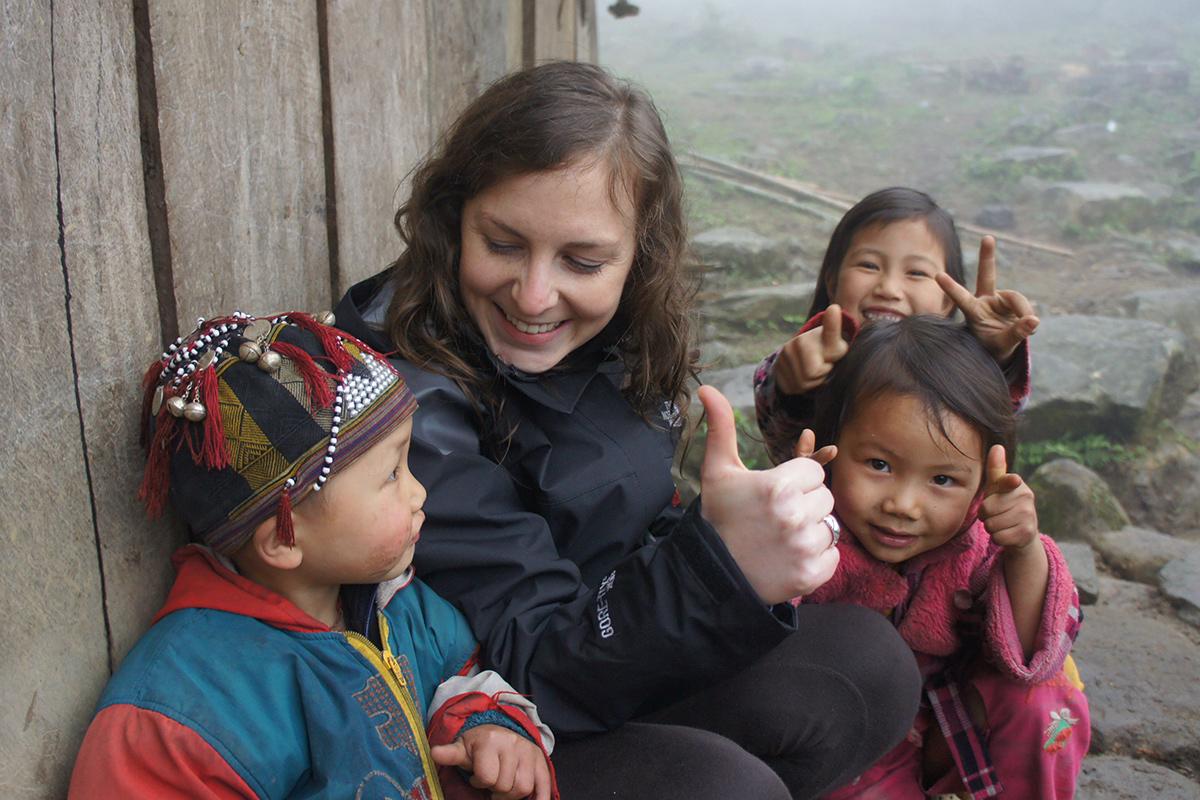
The best time to trekking in Sapa
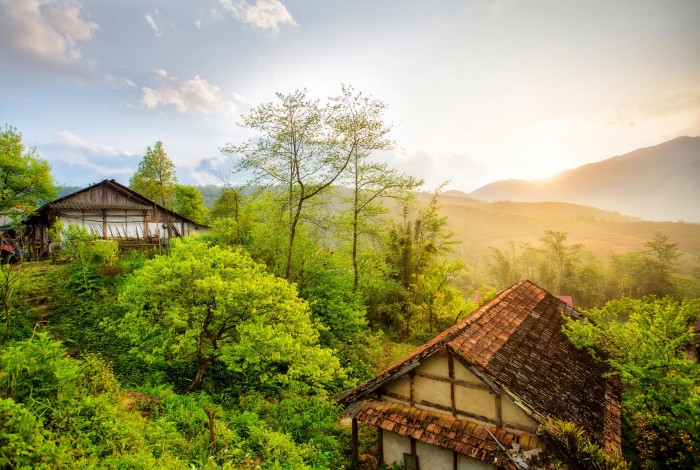
The dry season lasts from January to June. Sapa hiking is ideal from March to May. The weather is so nice that you may do mountain climbing and see native communities. The rainy season lasts from June through August. The rainy season ends in September. So the optimum time to visit is from September to late November. The temperature has been cooler since December. Temperatures might dip below 0oC in January and February. Please see this page for information on the weather in Sapa over the months.
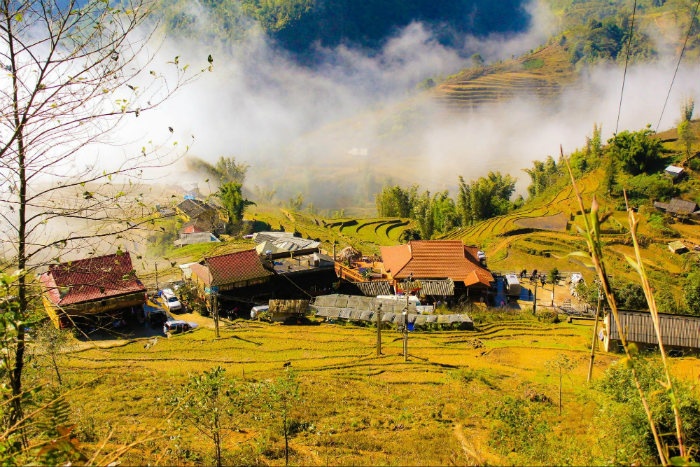
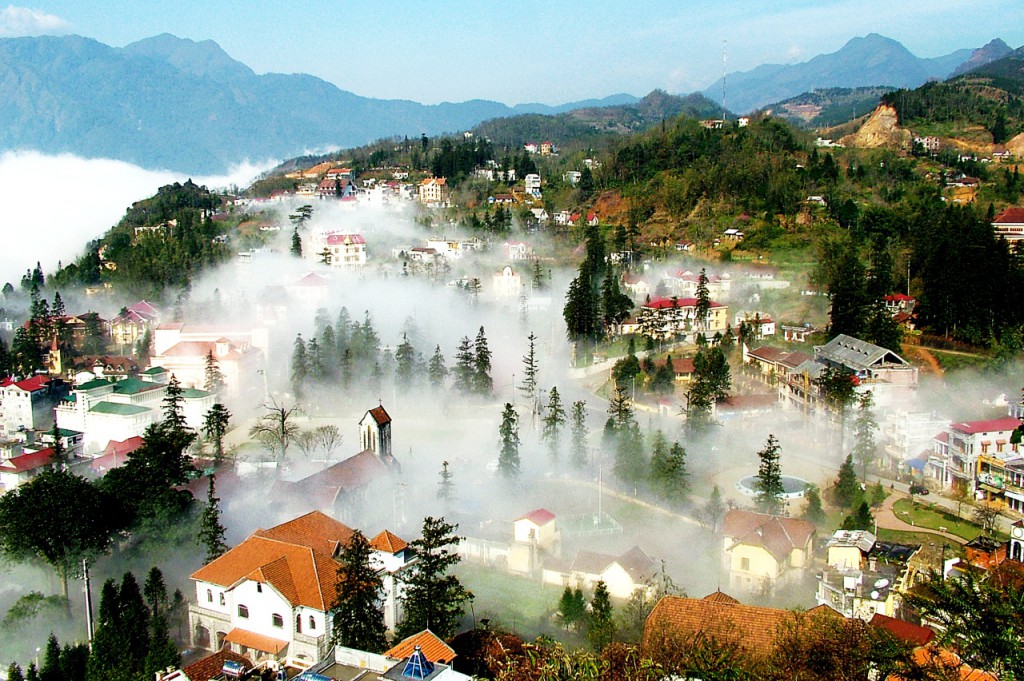
When is Sapa most beautiful?
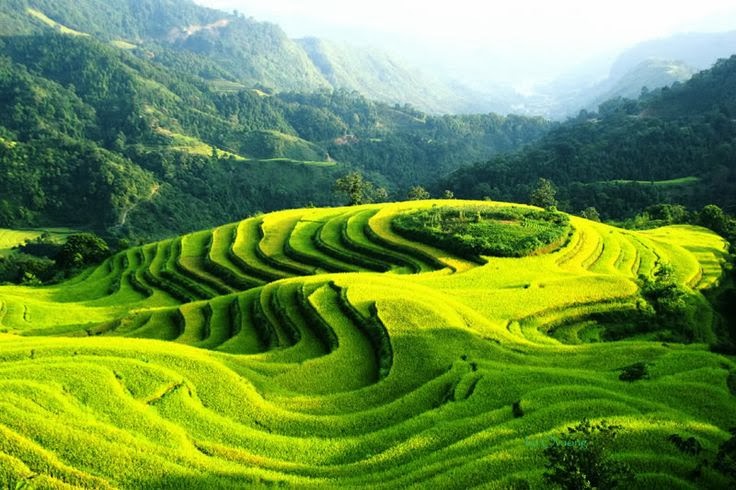
The green rice fields make for lovely views in June and July, but it rains a lot and may become quite hot, reaching temperatures of more than 30 degrees, making climbing extremely unpleasant. The landscape was still greener and less wet in August. Rainfall was lower in September, and the landscape began to change. A lovely image of the rice fields turning yellow as the season begins. Earlier in the month, the weather and landscape were most likely excellent. It is probable that the rice fields will be harvested by the end of the month.
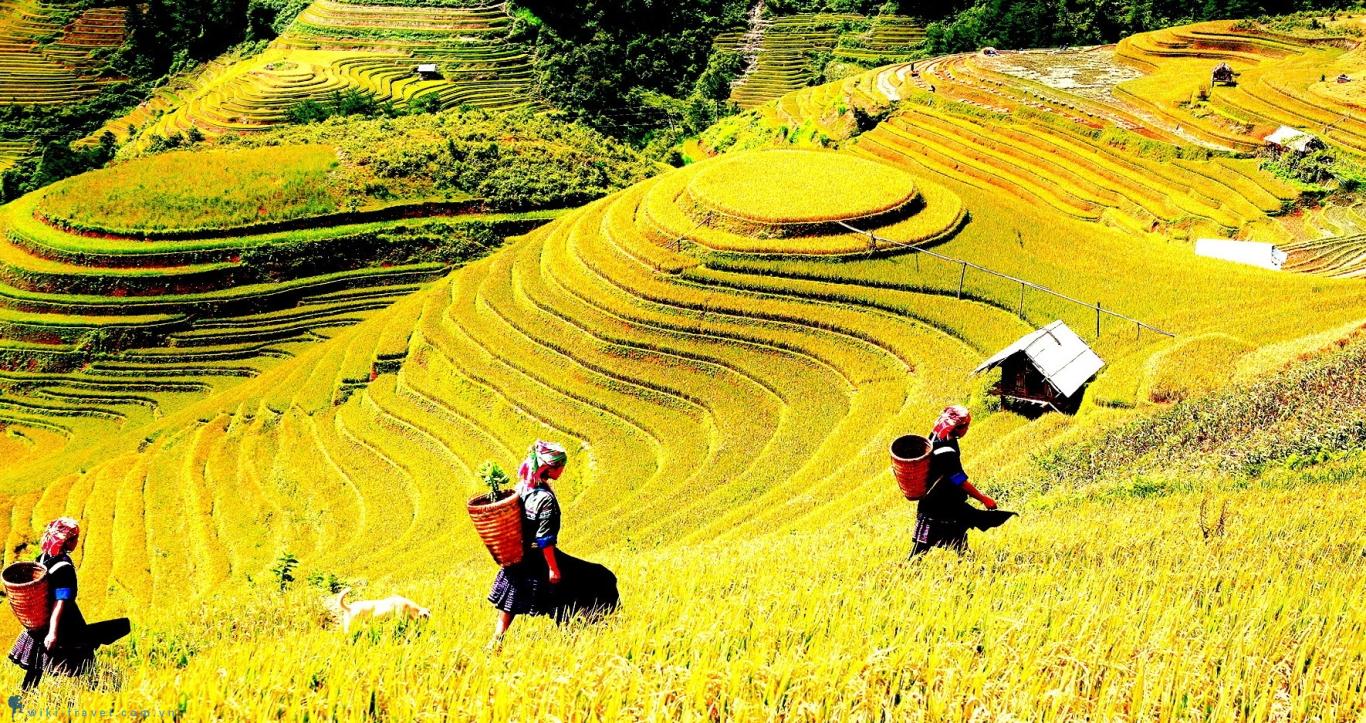
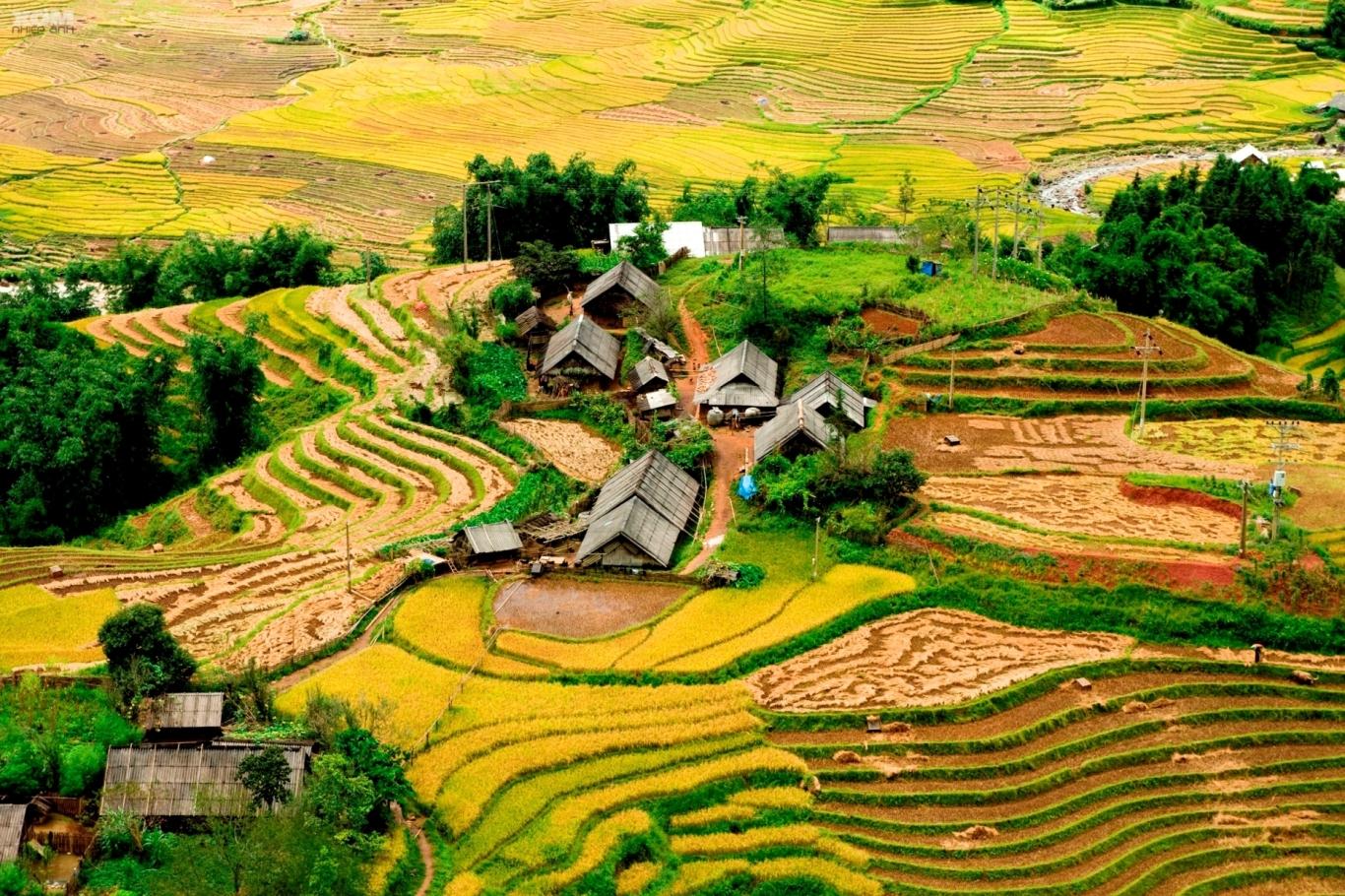
What should you bring?
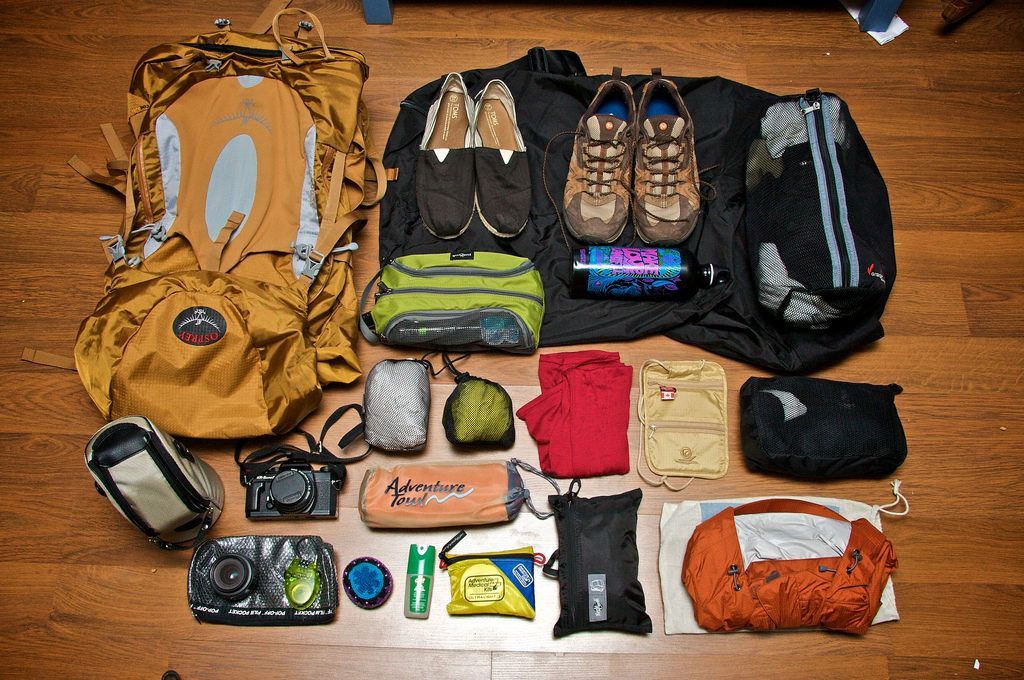
When you are ready for your trekking trip to Sapa, you must ensure that you have prepared everything as the following:
– A good pair of walking shoes
– Raincoat
– Small water bottle
– Snacks
– Anti-bugs spray
– Medications for small injuries, some medications for treating illnesses like flu, diarrhea, and fever
– The camera has a backup battery
– Clothes
Also, you should not carry too many things. A lightweight backpack will make your few hours of mountain climbing a lot easier.
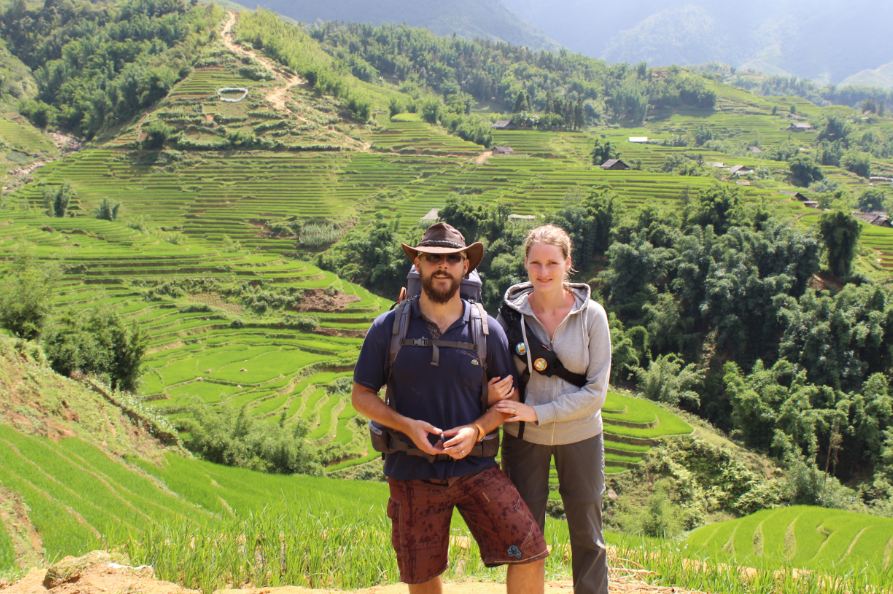
Little tips when traveling Sapa trekking
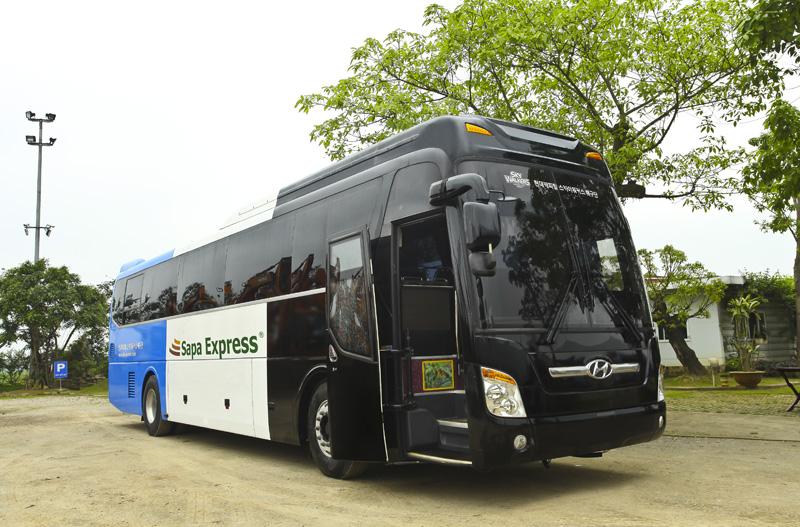
If your journey does not begin in Hanoi but in Sapa, you must travel to Sapa on your own.
When you go trekking, locals frequently encourage you to buy their wares. This might be aggravating to you. If they try to sell you something, you just politely reject. And don’t question the guides about it because they could be from the same town or are linked in some way.
